watermelons make watermelons
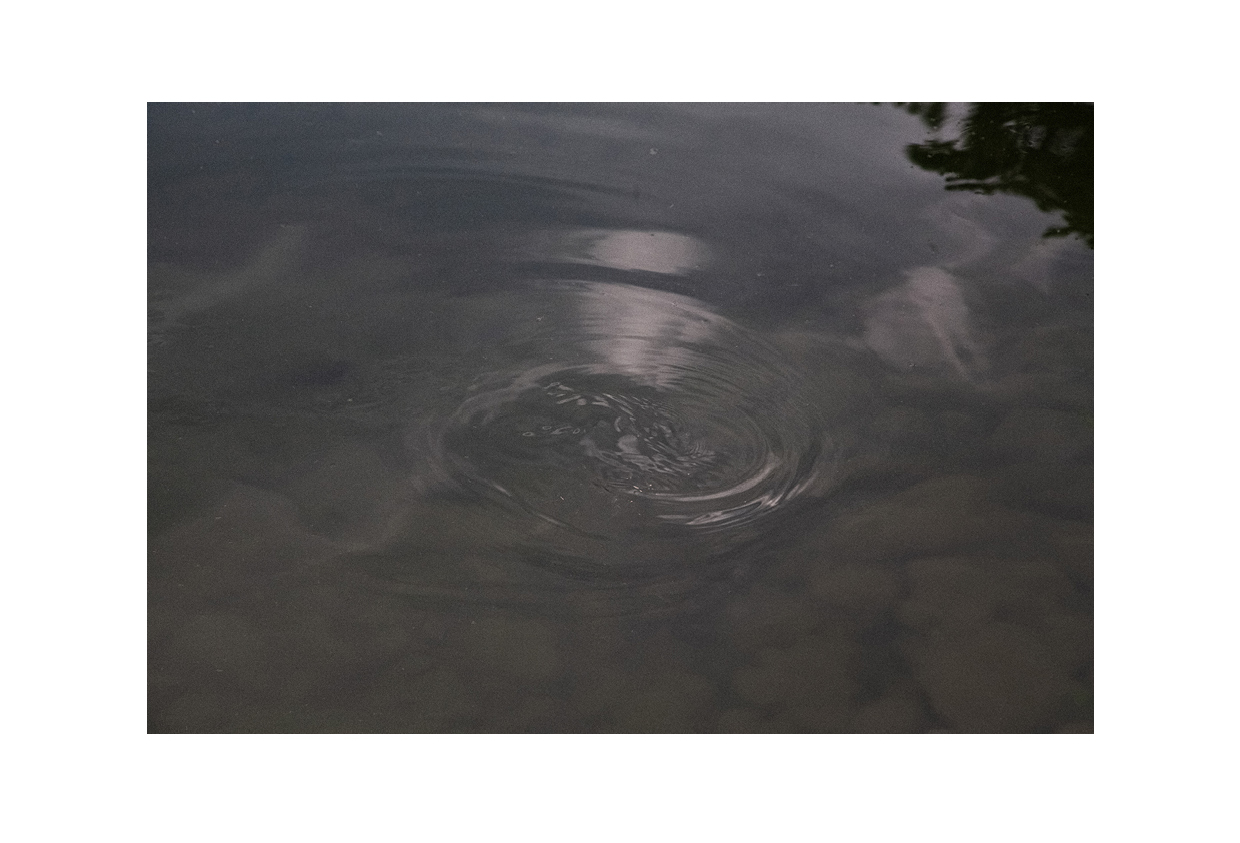
The seeds of your thoughts determine the fruits of your reality.
Every thought within finds its reflection in the world outside.
Who you are now is the result of countless unseen moments,
where invisible thoughts and the quiet forces of your inner world shape the path ahead.
The observer is the observed —until the unconscious rises to awareness,
it will silently steer your life, and its whispers will be mistaken for fate.
Photo diary 2009 -
Every thought within finds its reflection in the world outside.
Who you are now is the result of countless unseen moments,
where invisible thoughts and the quiet forces of your inner world shape the path ahead.
The observer is the observed —until the unconscious rises to awareness,
it will silently steer your life, and its whispers will be mistaken for fate.
Photo diary 2009 -


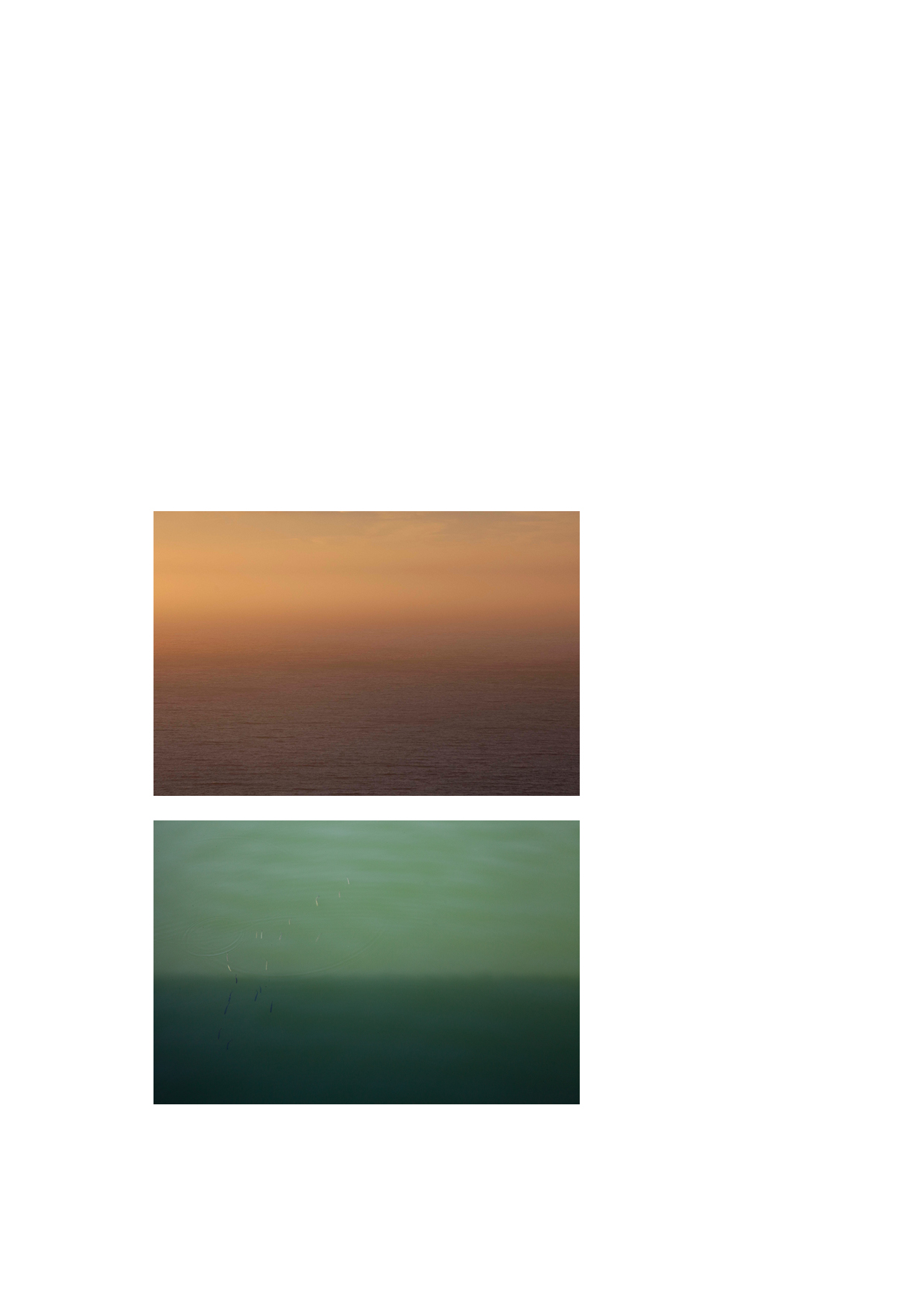


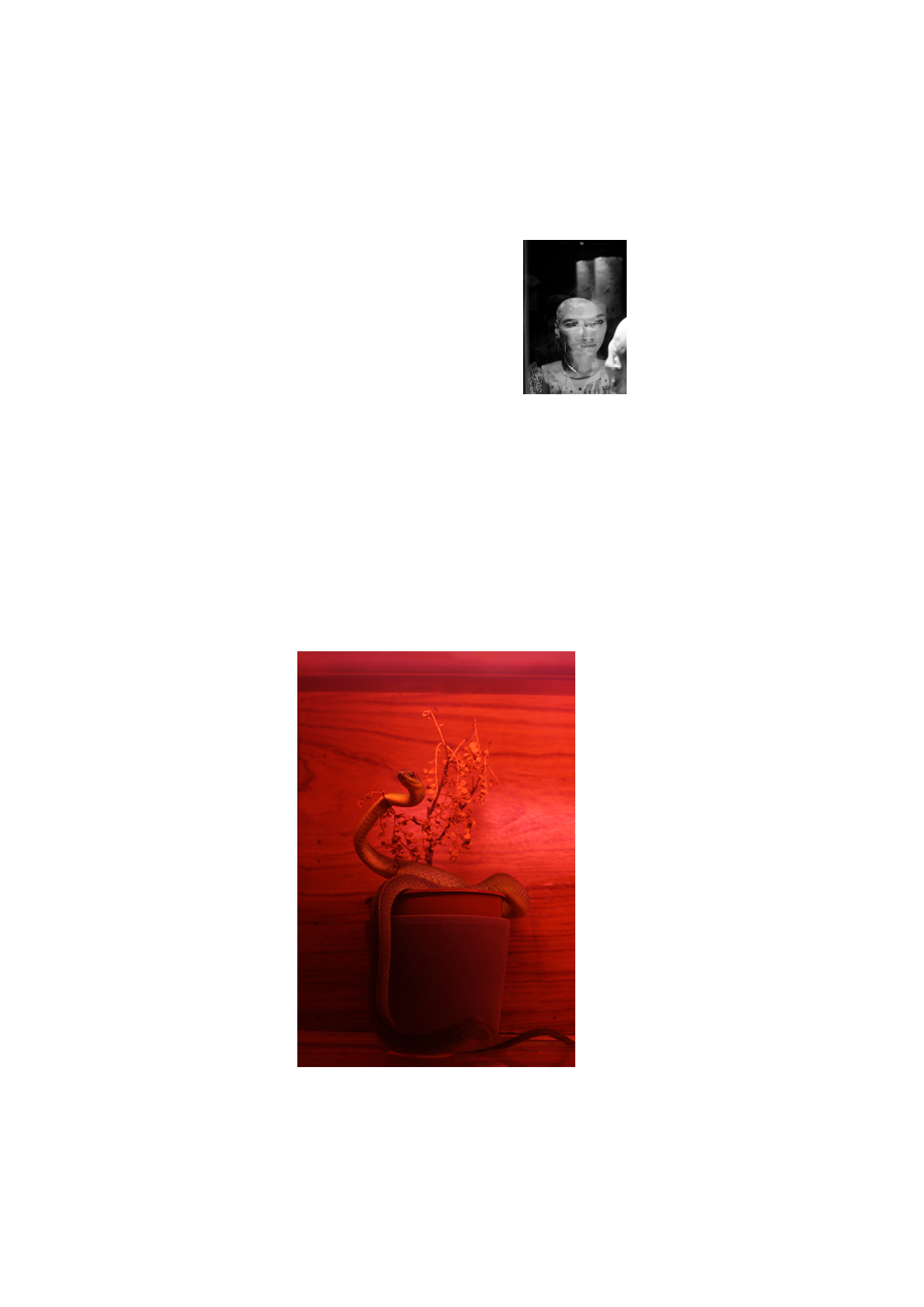

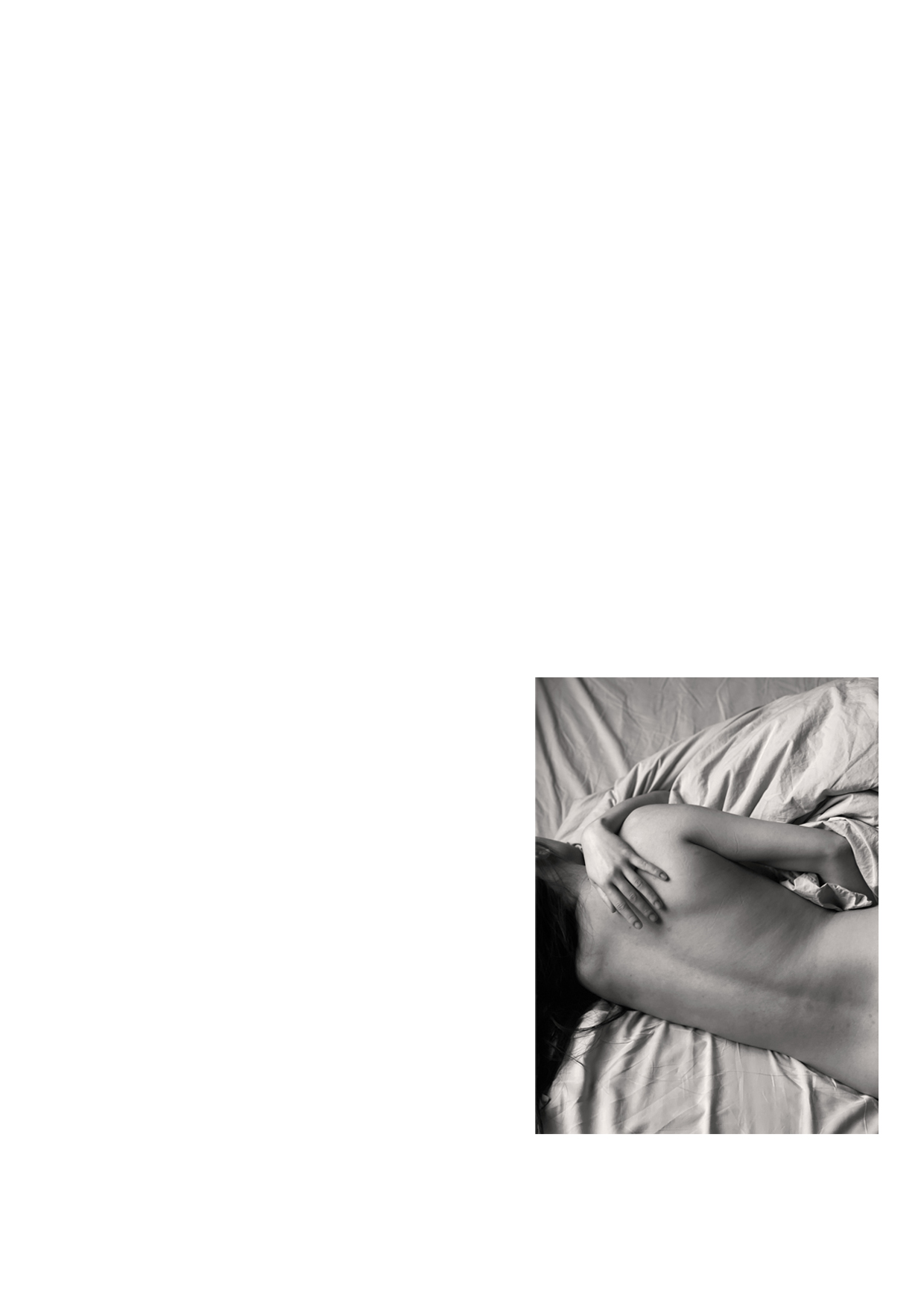

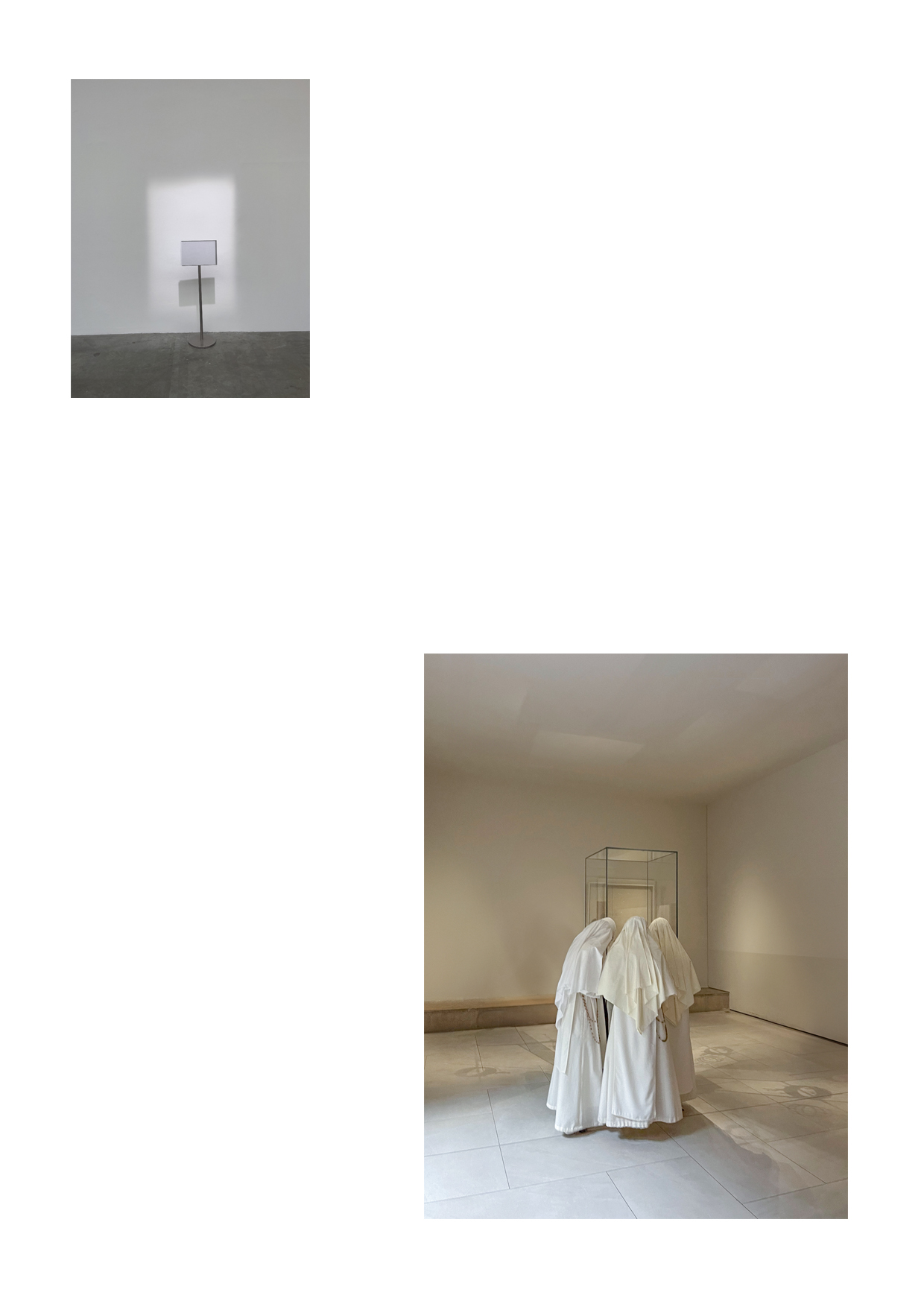

The universe is the answer,
What is the question?
What is the question?


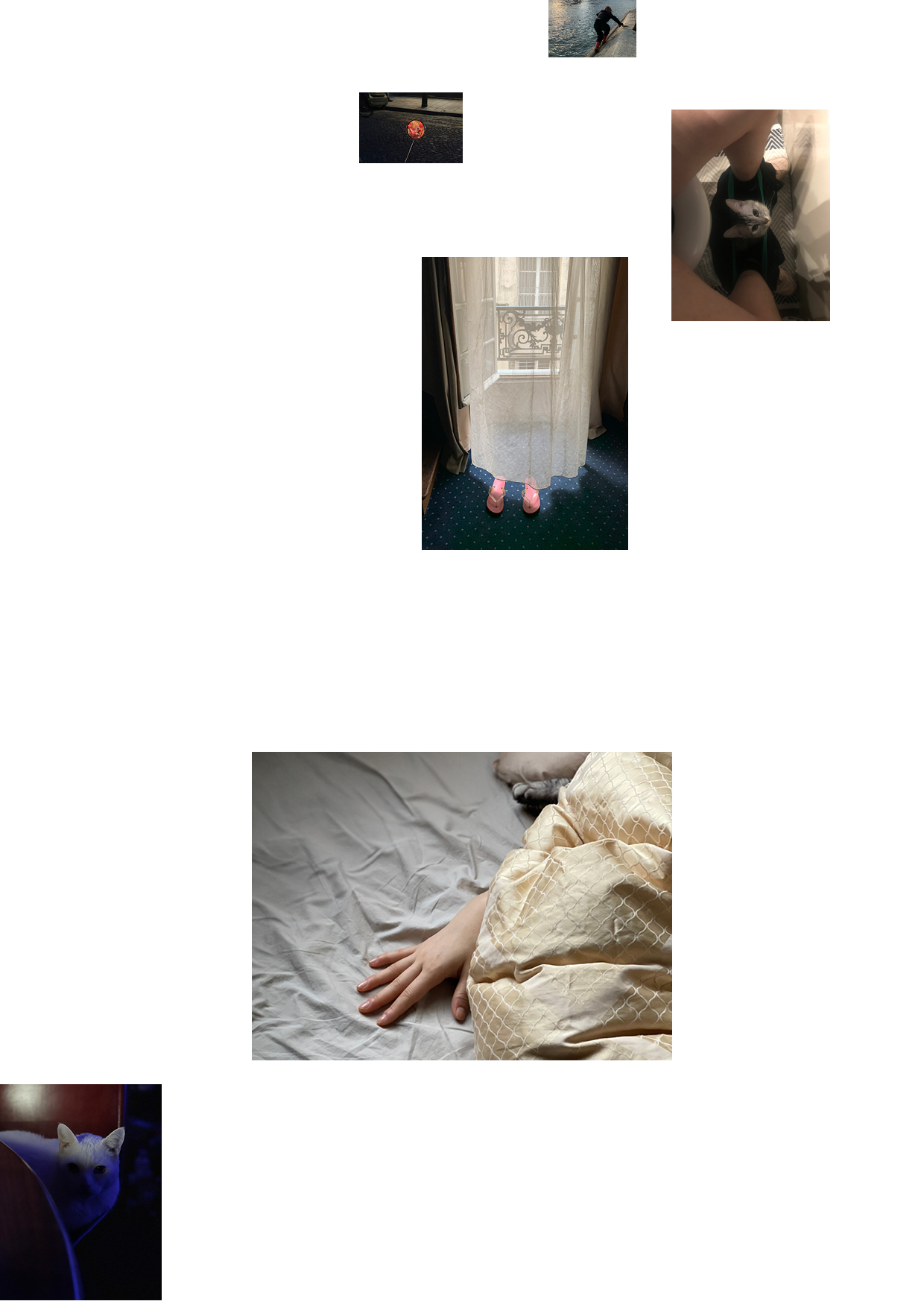
There is nothing permanent except change

We can only observe ourselves through our relationship with others.
It is there—
in the daily reactions, desires, attachments, and conflicts—
that the self begins to reveal itself.
Relationship acts as a mirror.
It reflects not the image we want to see,
but what we actually are.
But the moment we begin to value the mirror—
to decorate it, to idealize it, to seek comfort in it—
we fall into illusion.
Then we are no longer seeing ourselves,
but an image shaped by desire.
To see clearly,
one must observe without distortion—
without clinging to the mirror,
without escaping from what is shown.
It is there—
in the daily reactions, desires, attachments, and conflicts—
that the self begins to reveal itself.
Relationship acts as a mirror.
It reflects not the image we want to see,
but what we actually are.
But the moment we begin to value the mirror—
to decorate it, to idealize it, to seek comfort in it—
we fall into illusion.
Then we are no longer seeing ourselves,
but an image shaped by desire.
To see clearly,
one must observe without distortion—
without clinging to the mirror,
without escaping from what is shown.
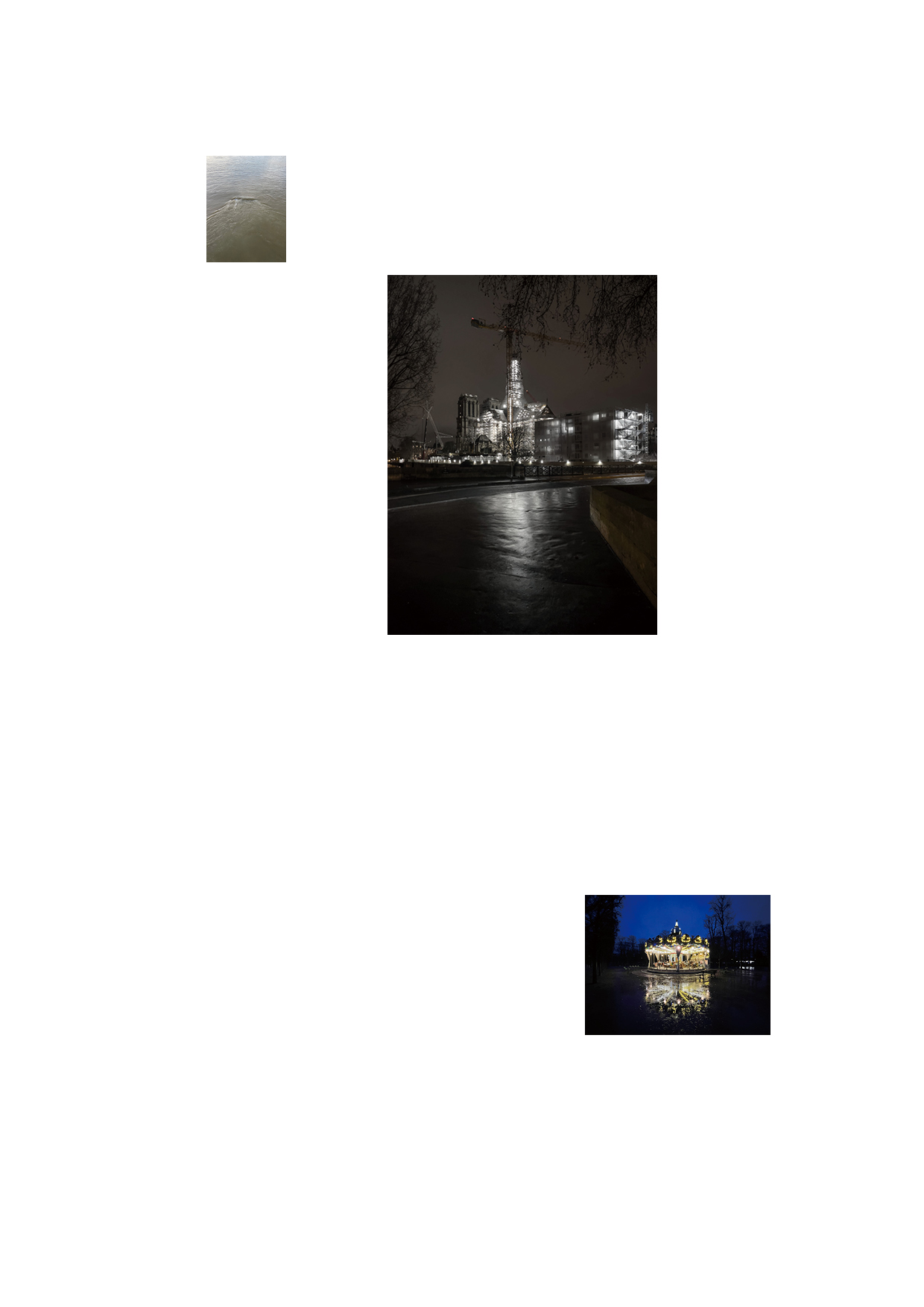
..
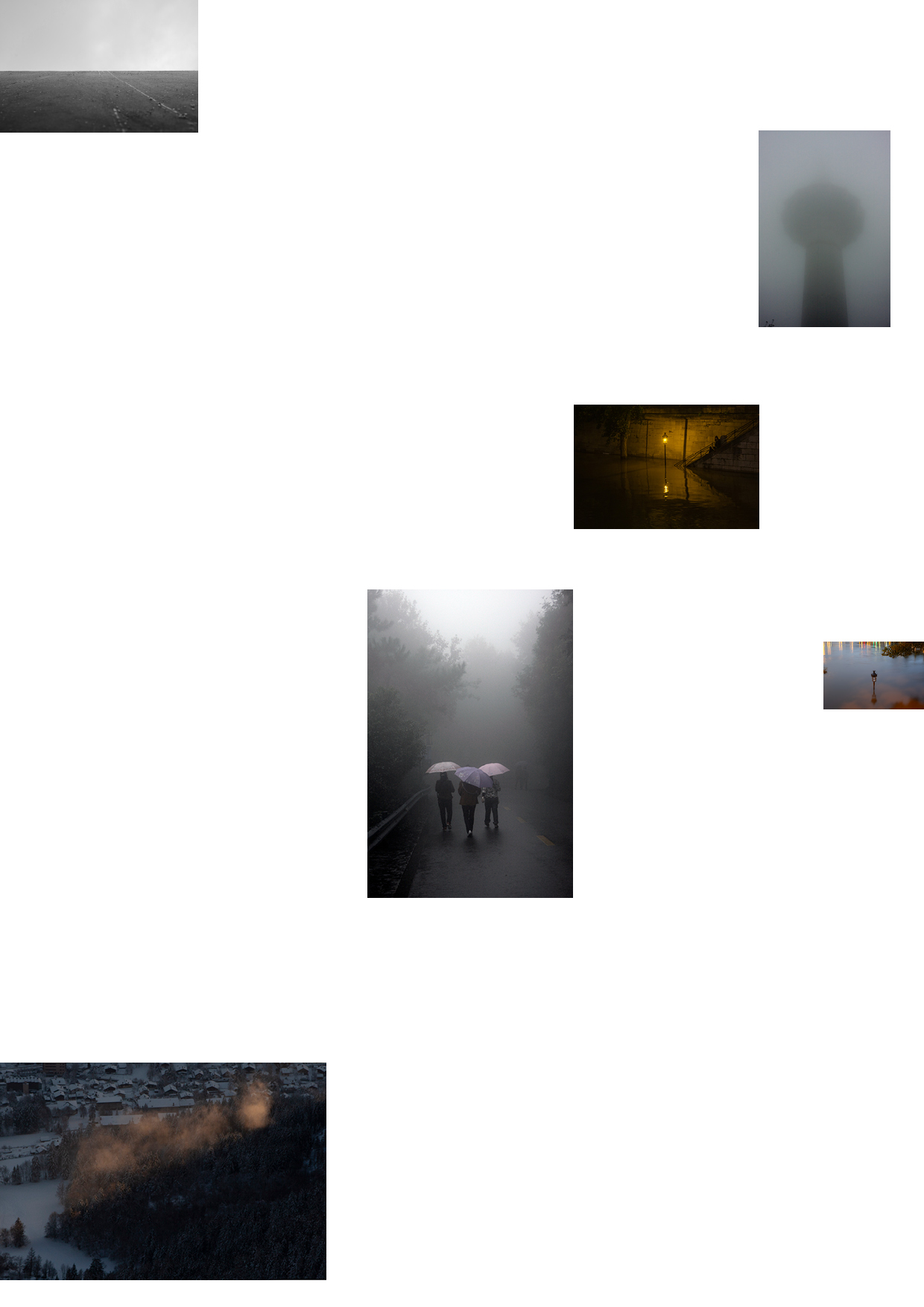
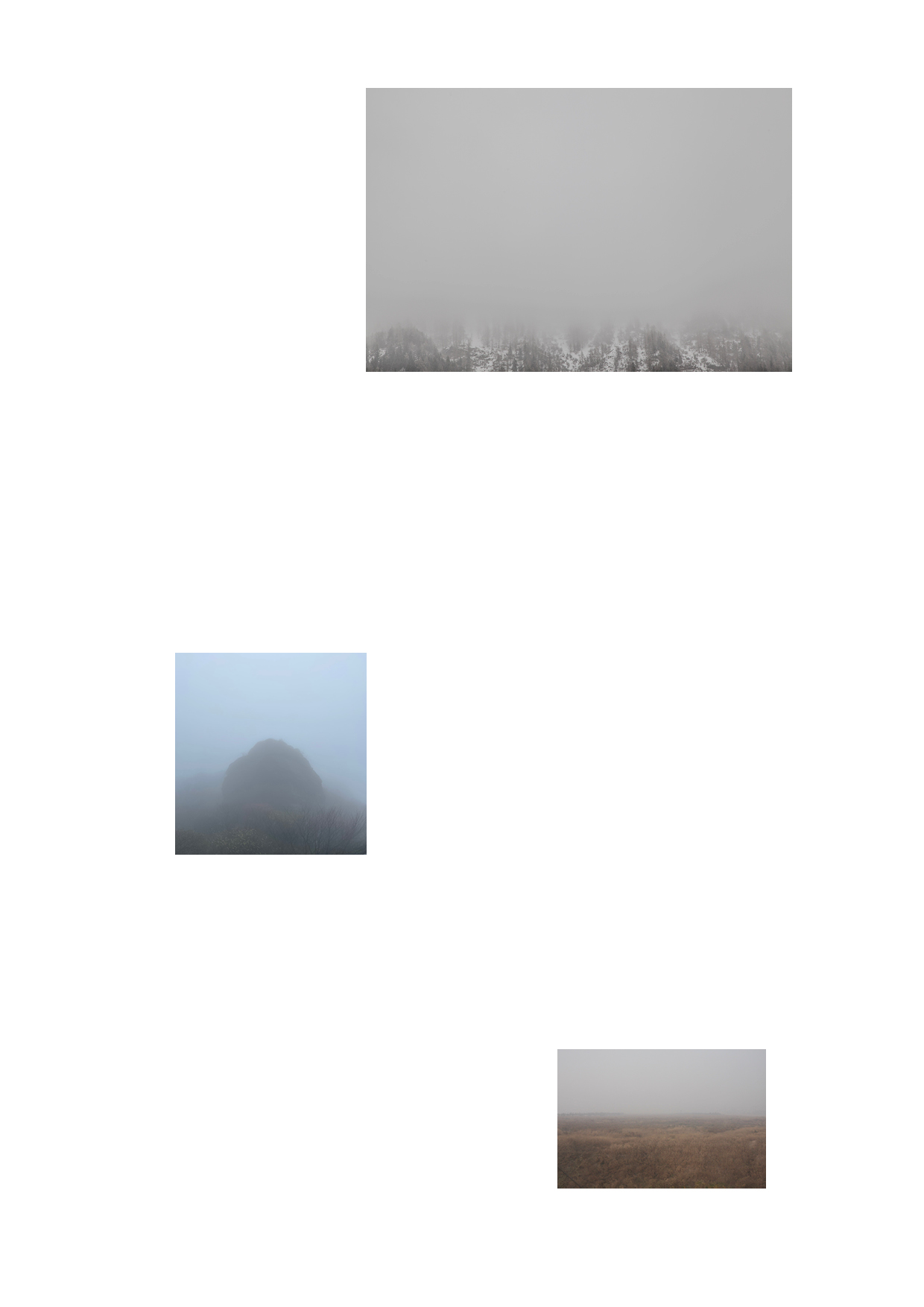
is farther than the distance itself.
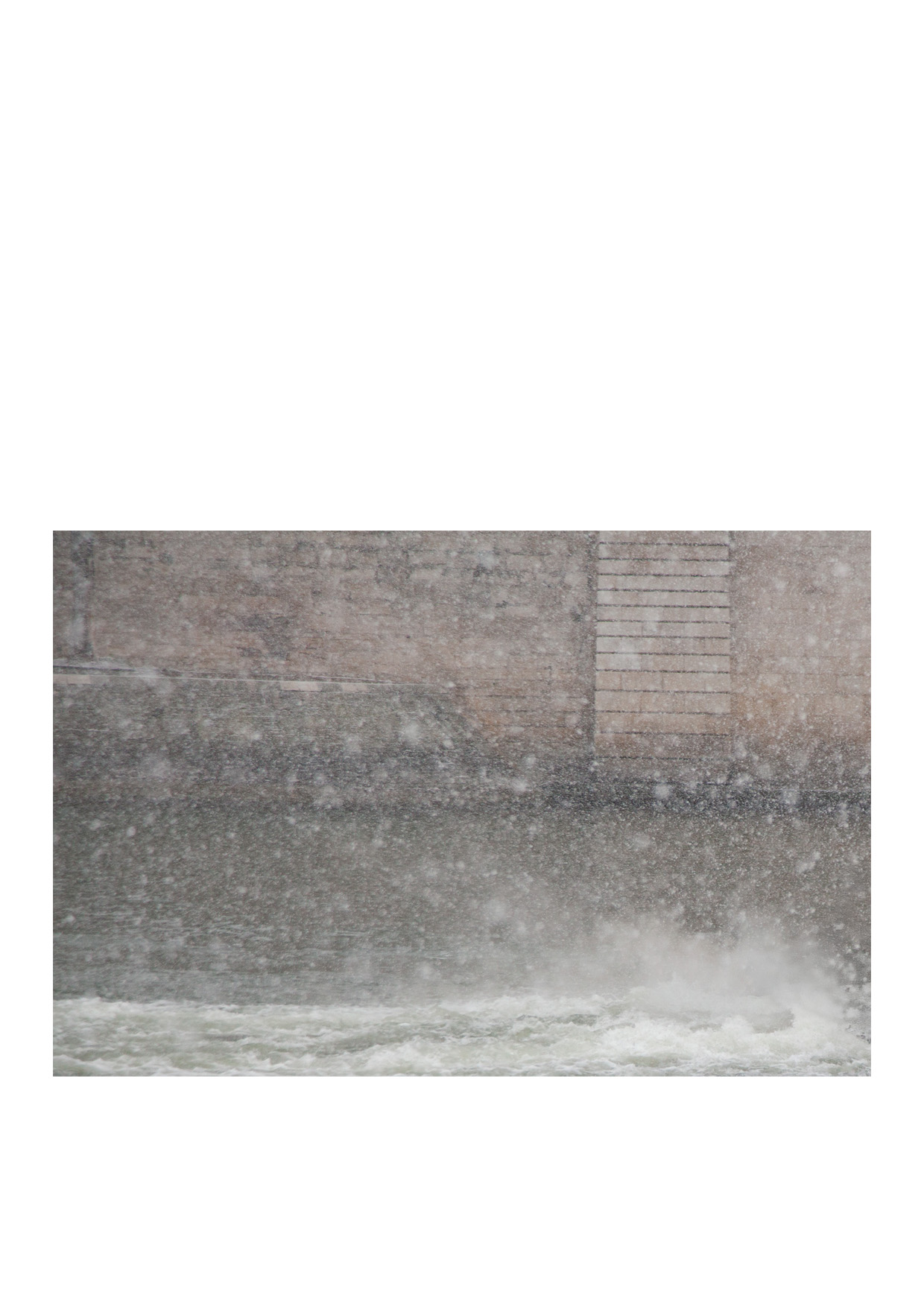
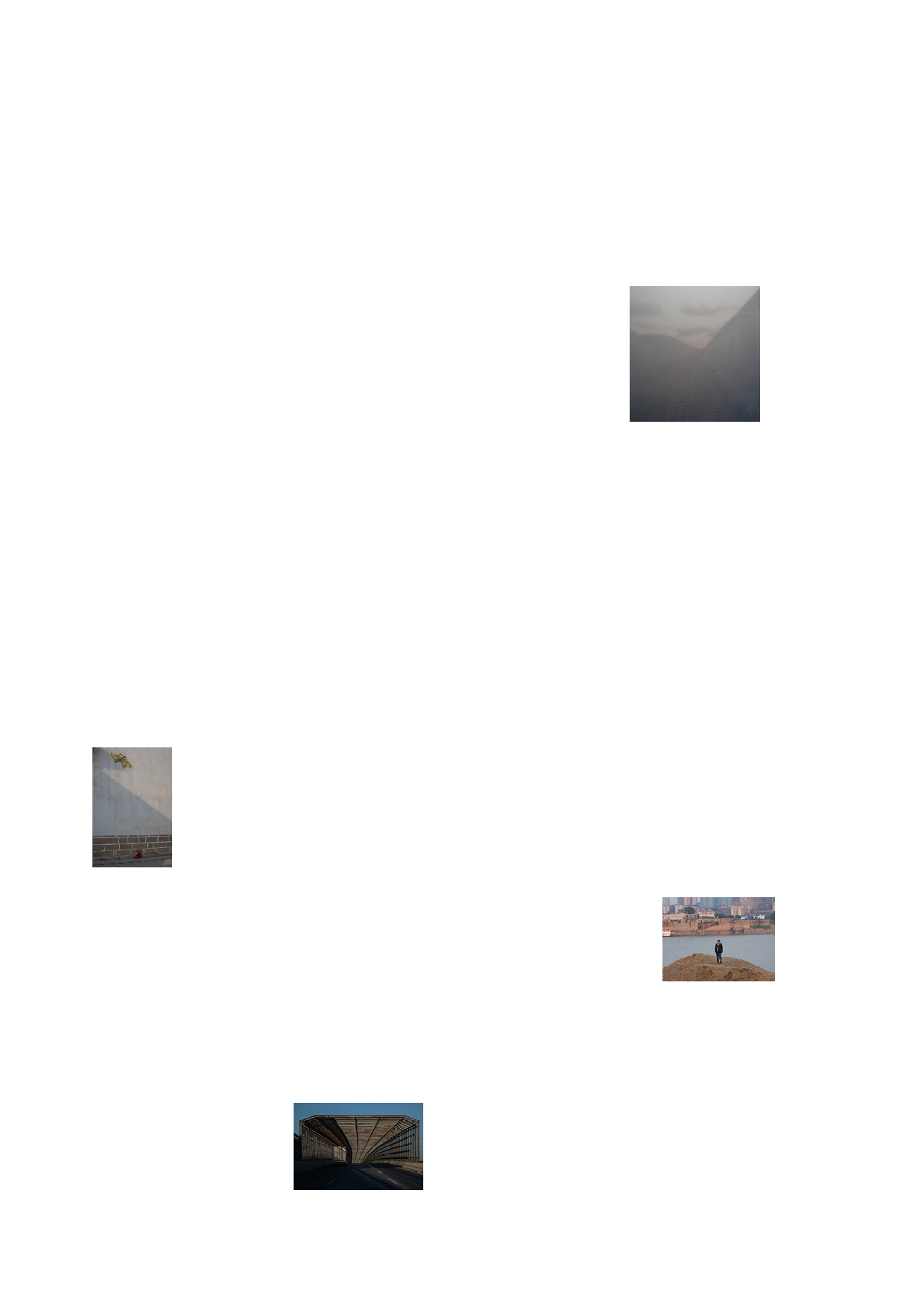
The next life cannot be awaited;
the past life cannot be reclaimed.
the past life cannot be reclaimed.
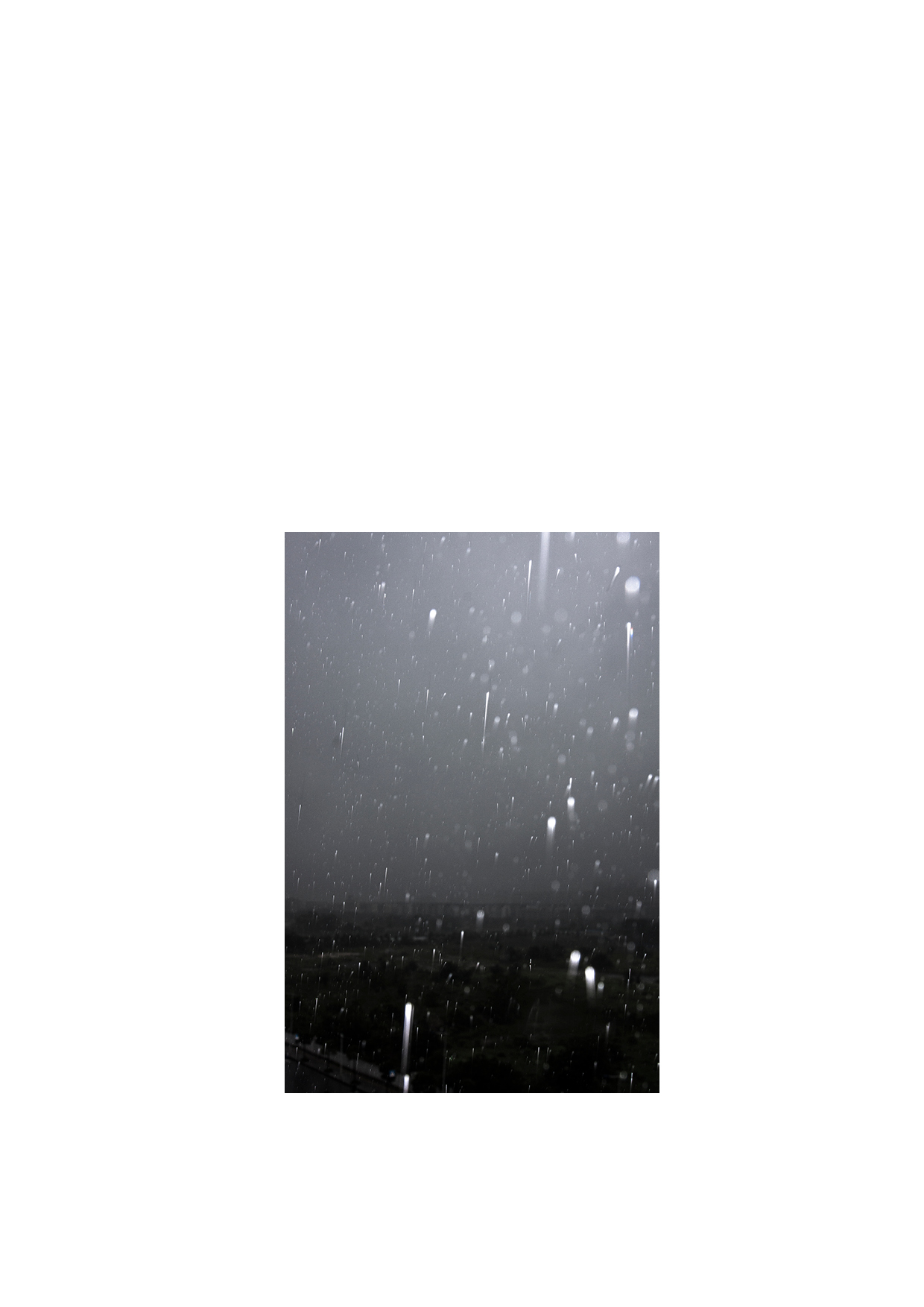



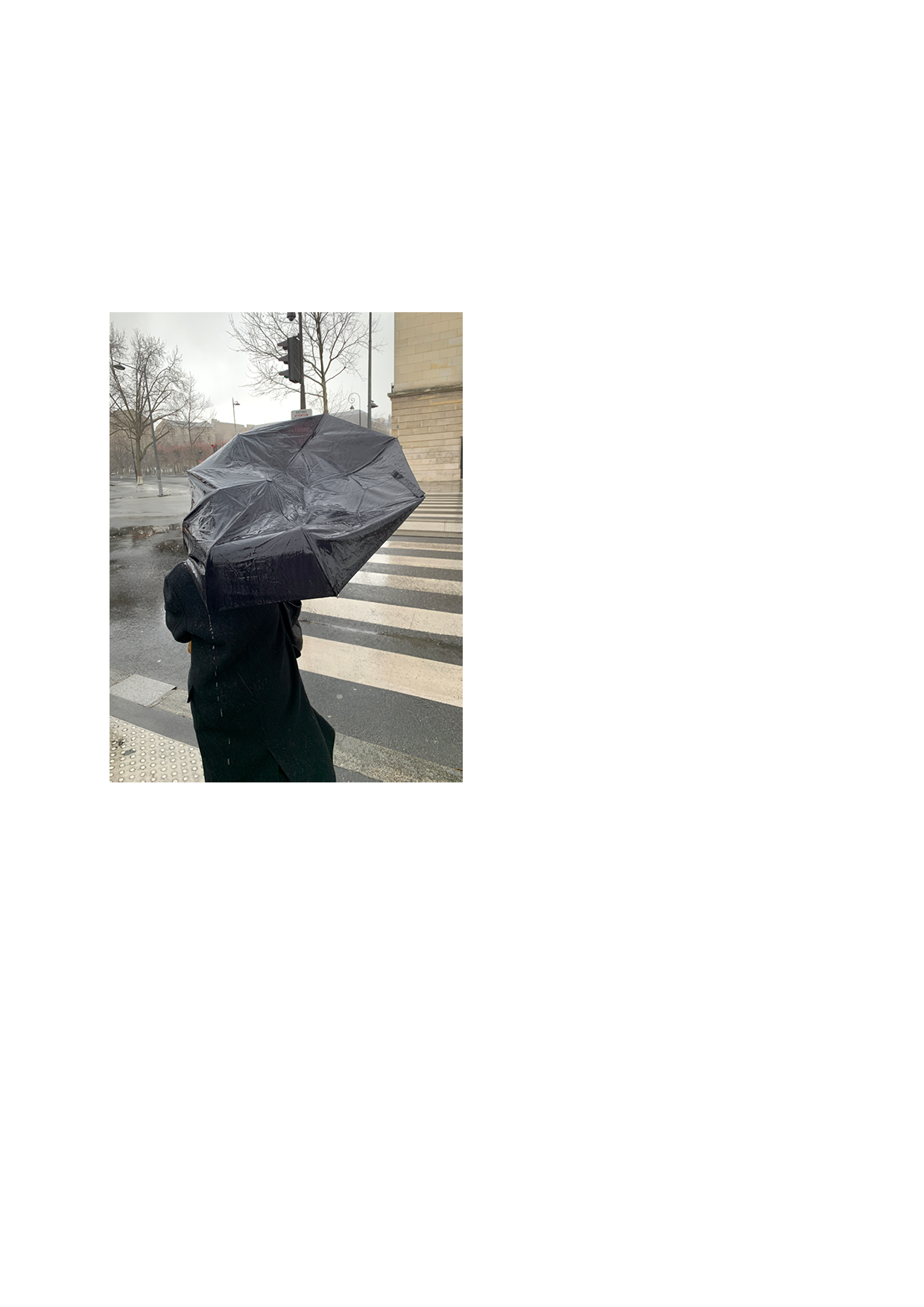



All human encounters are,
from the beginning, destined for parting.

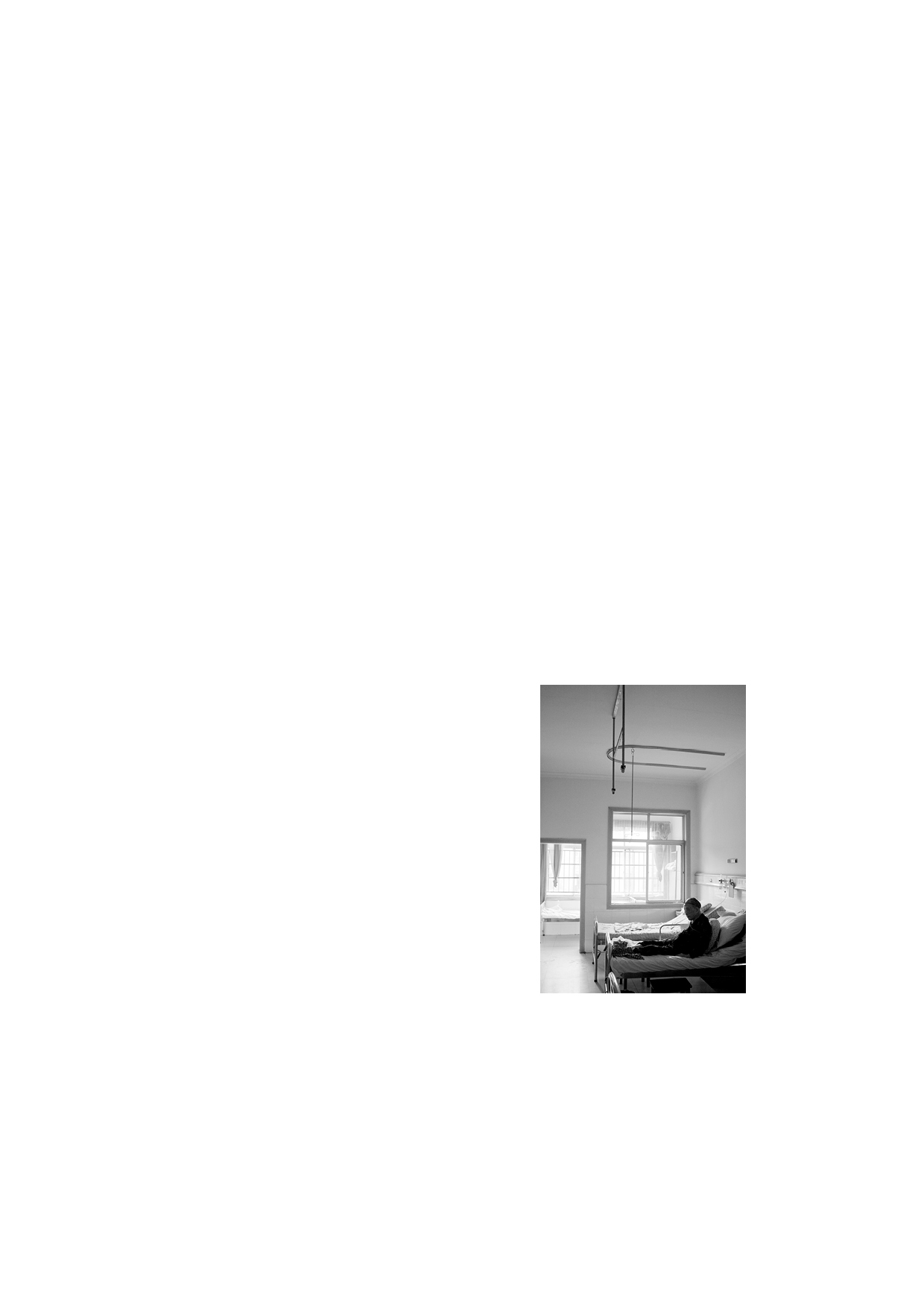

Last night, under the soft glow of the moon, a monk stepped out of his thatched hut in the mountains. Moonlight spilled over the pines, its quiet radiance whispering a stillness that needed no words. With a gentle breath, he wandered into the forest.
When he returned, he saw a shadow moving inside his hut—a thief. But the hut held nothing of value, only a mat, a bowl, and the night’s silence. The thief, disappointed, turned to leave—only to find the monk standing at the door, waiting.
He had been there for some time, his presence soft, not wanting to startle the intruder. In his hands, he held his outer robe, removed in the cool mountain air.
Their eyes met.
The thief froze, caught in the moonlight.
The monk smiled gently and said,
“You’ve come far through the mountains to visit me.
The night is cold—take this robe to warm your way.”
He draped it over the thief’s shoulders, his touch light but steady.
The thief said nothing.
Head lowered, robe clutched tightly, he hesitated—
as if the moonlight stirred something within him.
Then he slipped into the forest, his figure fading into silver shadows.
The monk stood at the door, watching the light ripple through the pines.
He sighed to the night:
“If only I could give him this light to carry.”
Later, he returned to his empty hut.
Naked, he sat in meditation, bathed in moonlight pouring through the window.
This morning, as sunlight touched the floor, the monk opened his eyes.
At the door lay his robe—folded neatly.
Beside it, a small stone, marked with a single, shallow scratch.
Like an unspoken thanks.
He smiled.
“He carried away the moonlight,”
he said softly, as a bird’s song rose from the forest, echoing the morning’s light
When he returned, he saw a shadow moving inside his hut—a thief. But the hut held nothing of value, only a mat, a bowl, and the night’s silence. The thief, disappointed, turned to leave—only to find the monk standing at the door, waiting.
He had been there for some time, his presence soft, not wanting to startle the intruder. In his hands, he held his outer robe, removed in the cool mountain air.
Their eyes met.
The thief froze, caught in the moonlight.
The monk smiled gently and said,
“You’ve come far through the mountains to visit me.
The night is cold—take this robe to warm your way.”
He draped it over the thief’s shoulders, his touch light but steady.
The thief said nothing.
Head lowered, robe clutched tightly, he hesitated—
as if the moonlight stirred something within him.
Then he slipped into the forest, his figure fading into silver shadows.
The monk stood at the door, watching the light ripple through the pines.
He sighed to the night:
“If only I could give him this light to carry.”
Later, he returned to his empty hut.
Naked, he sat in meditation, bathed in moonlight pouring through the window.
This morning, as sunlight touched the floor, the monk opened his eyes.
At the door lay his robe—folded neatly.
Beside it, a small stone, marked with a single, shallow scratch.
Like an unspoken thanks.
He smiled.
“He carried away the moonlight,”
he said softly, as a bird’s song rose from the forest, echoing the morning’s light

You find peace not by rearranging the circumstances of your life,
but by realizing who you are at the deepest level.
but by realizing who you are at the deepest level.

God is the dimension of depth within you.

“What is called the Buddha’s teaching is not, in fact, the Buddha’s teaching.”
“If anyone claims the Tathāgata has taught any Dharma, they slander the Buddha and do not understand my words.”
The teachings are not the truth.
They are rafts to carry you across the river of suffering.
Once you’ve crossed, let the raft go.
Don’t cling to the method.
Just like a finger pointing to the moon—
once you’ve seen the moon,
you don’t need the finger anymore.
Whether it’s a hand or a foot,
it’s just a pointer.
Many spiritual teachings are like this—
they guide you toward awakening.
But if you become attached to the teachings themselves,
you miss the very wisdom they were meant to reveal.
As the Laṅkāvatāra Sūtra says:
“The foolish see the finger, but not the moon.”
Language is the finger.
Truth is the moon.
If you’re fixated on the words,
how can you ever see the real?
“If anyone claims the Tathāgata has taught any Dharma, they slander the Buddha and do not understand my words.”
The teachings are not the truth.
They are rafts to carry you across the river of suffering.
Once you’ve crossed, let the raft go.
Don’t cling to the method.
Just like a finger pointing to the moon—
once you’ve seen the moon,
you don’t need the finger anymore.
Whether it’s a hand or a foot,
it’s just a pointer.
Many spiritual teachings are like this—
they guide you toward awakening.
But if you become attached to the teachings themselves,
you miss the very wisdom they were meant to reveal.
As the Laṅkāvatāra Sūtra says:
“The foolish see the finger, but not the moon.”
Language is the finger.
Truth is the moon.
If you’re fixated on the words,
how can you ever see the real?

Nothing appears without a reason.
A fire doesn’t light itself.
It needs fuel, oxygen, and a spark.
Only when these come together can it burn.
This is dependent arising—
everything is born from causes and conditions.
When conditions meet, things arise.
When they part, things fade away.
And what comes from dependent arising is emptiness.
Emptiness doesn’t mean nothing.
It means everything is in flux.
It means no fixed self, no unchanging thing.
A tree grows from soil, seed, sunlight, and water.
But take away the water, and it withers.
The tree changes every day.
So do you.
So does everything.
Emptiness is not the absence of life—
it is the dance of change.
To understand this is freedom.
To cling is to suffer.
A fire doesn’t light itself.
It needs fuel, oxygen, and a spark.
Only when these come together can it burn.
This is dependent arising—
everything is born from causes and conditions.
When conditions meet, things arise.
When they part, things fade away.
And what comes from dependent arising is emptiness.
Emptiness doesn’t mean nothing.
It means everything is in flux.
It means no fixed self, no unchanging thing.
A tree grows from soil, seed, sunlight, and water.
But take away the water, and it withers.
The tree changes every day.
So do you.
So does everything.
Emptiness is not the absence of life—
it is the dance of change.
To understand this is freedom.
To cling is to suffer.
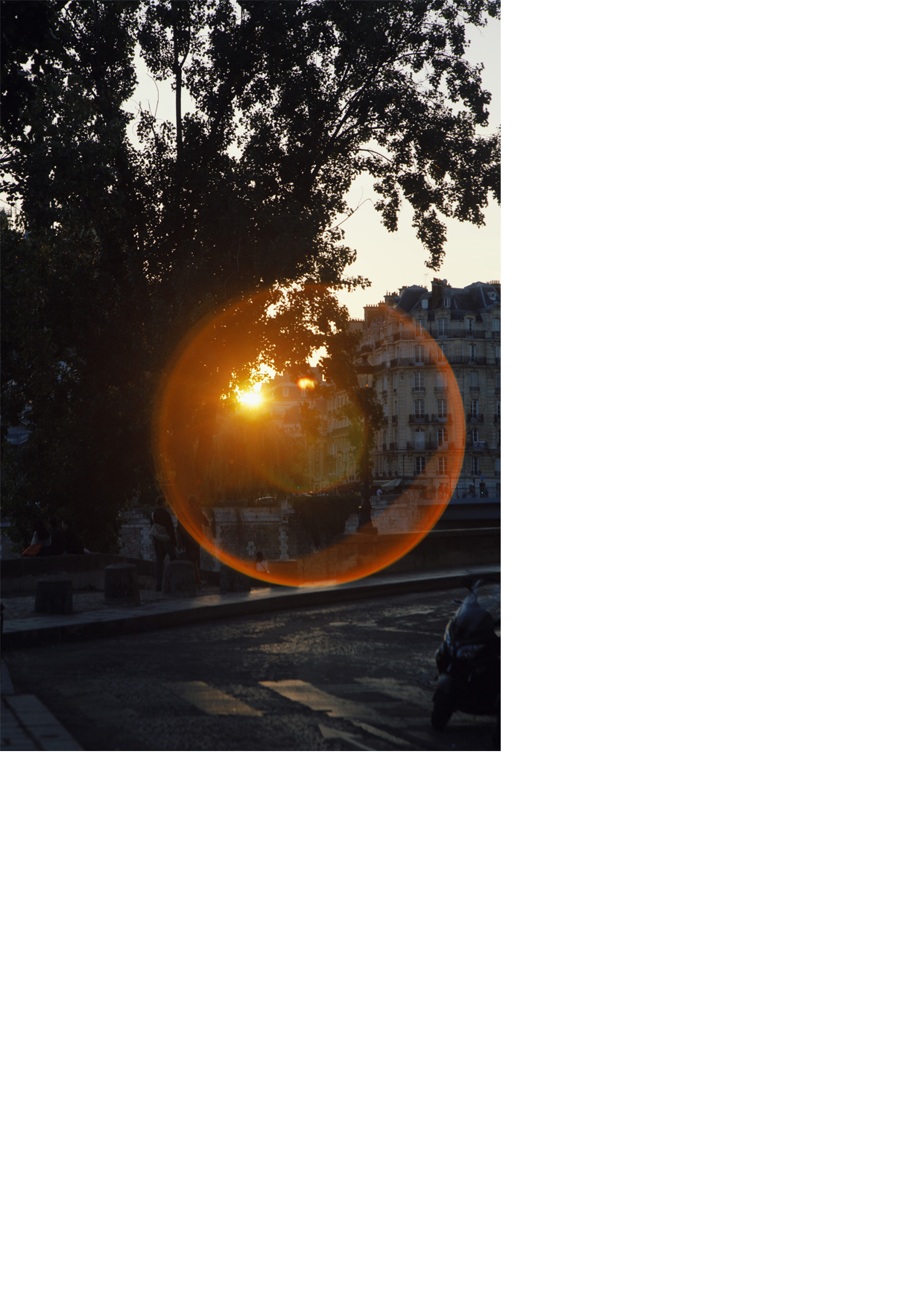


April 18 — Notes on Invisible Gravity
We often imagine black holes as devouring beasts of the cosmos. But recent studies on PBHs—Primordial Black Holes—suggest something else entirely:
They were not formed from dying stars, but from subtle fluctuations in the newborn universe. Their size could be as small as an atom, yet their density is immense. They don’t swallow planets like in science fiction. Instead, they pass through matter like air through silk—leaving no trace.
This research quietly challenges the foundations of our reality. It suggests that the world we think we know is constantly being pierced by unseen forces.
The chair beneath you. Your body. They could be crossed by a black hole right now—and you’d never know. Reality, then, is not all that exists, but only what we can perceive.
The material world might be a kind of motion filled with voids.
If something can pass silently through your body, could it mean: That we too are full of black-hole-like gaps—emotional leaks, blind spots of awareness, jumps between thoughts—structural cracks in consciousness?That we may still be shaped by an unnoticed instant from long ago, quietly influencing every step we take—like a black hole slowly draining the molten core of a distant planet?
You thought time moved from past to future. But maybe it’s a non-linear field of dissolving and arising moments—like flashes that fold into each other.
PBHs are remnants of the Big Bang, folds in the fabric of time itself. They move so fast they may even disrupt what we understand as causality.
Perhaps what we call the physical world is actually a hollow shell, constantly being pierced by invisible, silent structures.
And maybe black holes don’t only live in the cosmos. Maybe they exist in our language, our relationships, our memories—invisible gravitational fields that shape our direction without our knowing.
Maybe every moment, something passes through us.
Just as each moment is made of countless flowing instants—
and what we call "reality"
is only the trace
of those unseen movements.
We often imagine black holes as devouring beasts of the cosmos. But recent studies on PBHs—Primordial Black Holes—suggest something else entirely:
They were not formed from dying stars, but from subtle fluctuations in the newborn universe. Their size could be as small as an atom, yet their density is immense. They don’t swallow planets like in science fiction. Instead, they pass through matter like air through silk—leaving no trace.
This research quietly challenges the foundations of our reality. It suggests that the world we think we know is constantly being pierced by unseen forces.
The chair beneath you. Your body. They could be crossed by a black hole right now—and you’d never know. Reality, then, is not all that exists, but only what we can perceive.
The material world might be a kind of motion filled with voids.
If something can pass silently through your body, could it mean: That we too are full of black-hole-like gaps—emotional leaks, blind spots of awareness, jumps between thoughts—structural cracks in consciousness?That we may still be shaped by an unnoticed instant from long ago, quietly influencing every step we take—like a black hole slowly draining the molten core of a distant planet?
You thought time moved from past to future. But maybe it’s a non-linear field of dissolving and arising moments—like flashes that fold into each other.
PBHs are remnants of the Big Bang, folds in the fabric of time itself. They move so fast they may even disrupt what we understand as causality.
Perhaps what we call the physical world is actually a hollow shell, constantly being pierced by invisible, silent structures.
And maybe black holes don’t only live in the cosmos. Maybe they exist in our language, our relationships, our memories—invisible gravitational fields that shape our direction without our knowing.
Maybe every moment, something passes through us.
Just as each moment is made of countless flowing instants—
and what we call "reality"
is only the trace
of those unseen movements.
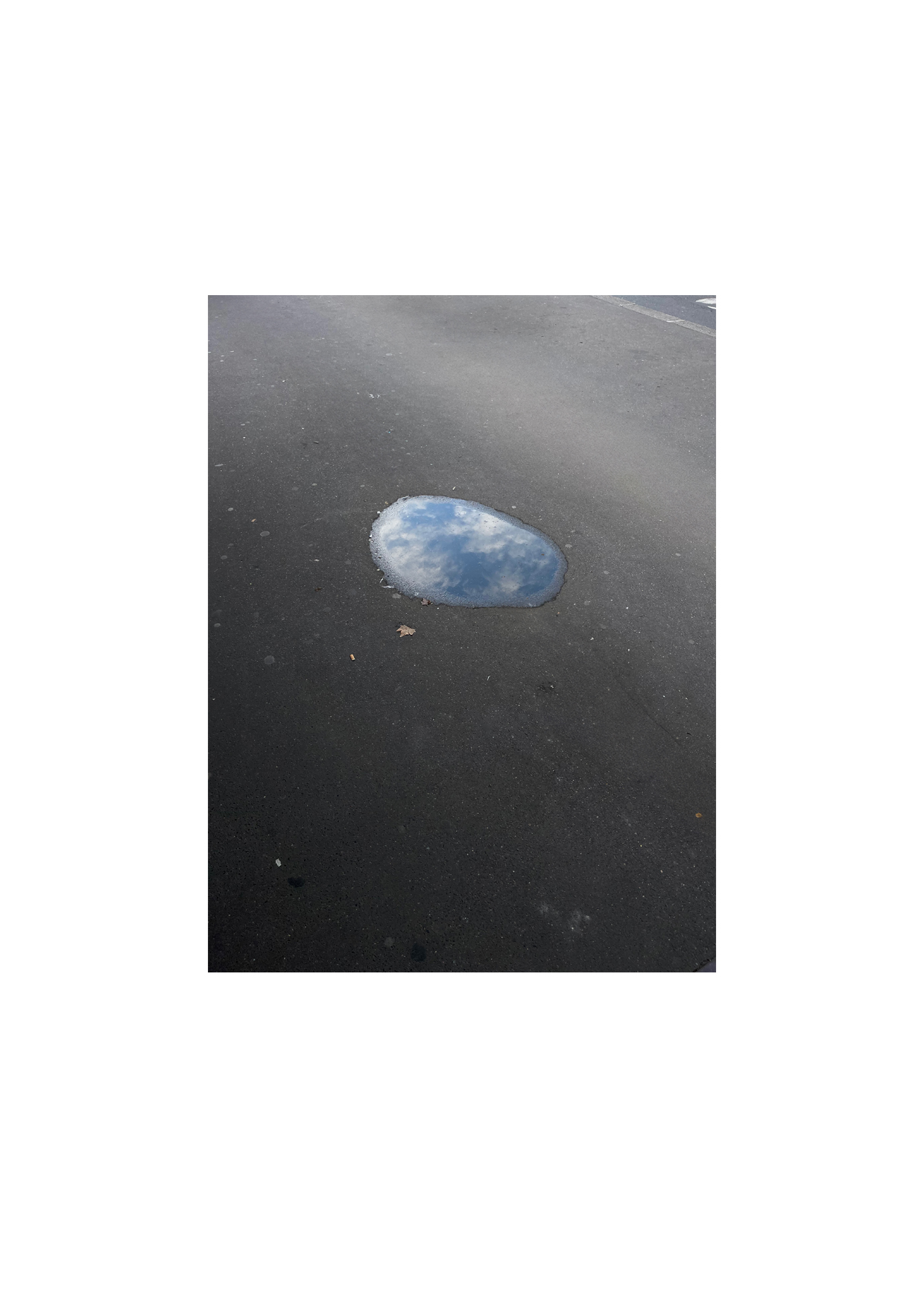
When you stop grasping, you become soft.
And when you become soft, life flows through you.
Water teaches us this.
It nourishes all, yet never competes.
It adapts, moves, and shapes the world with no resistance.
The same is true of the mind.
Only when it becomes empty
can it receive all things without judgment.
Zen isn’t about escape.
It isn’t about control.
It is about meeting change with curiosity.
It is about watching life unfold with a steady heart.
It is, simply, play.
And when you become soft, life flows through you.
Water teaches us this.
It nourishes all, yet never competes.
It adapts, moves, and shapes the world with no resistance.
The same is true of the mind.
Only when it becomes empty
can it receive all things without judgment.
Zen isn’t about escape.
It isn’t about control.
It is about meeting change with curiosity.
It is about watching life unfold with a steady heart.
It is, simply, play.


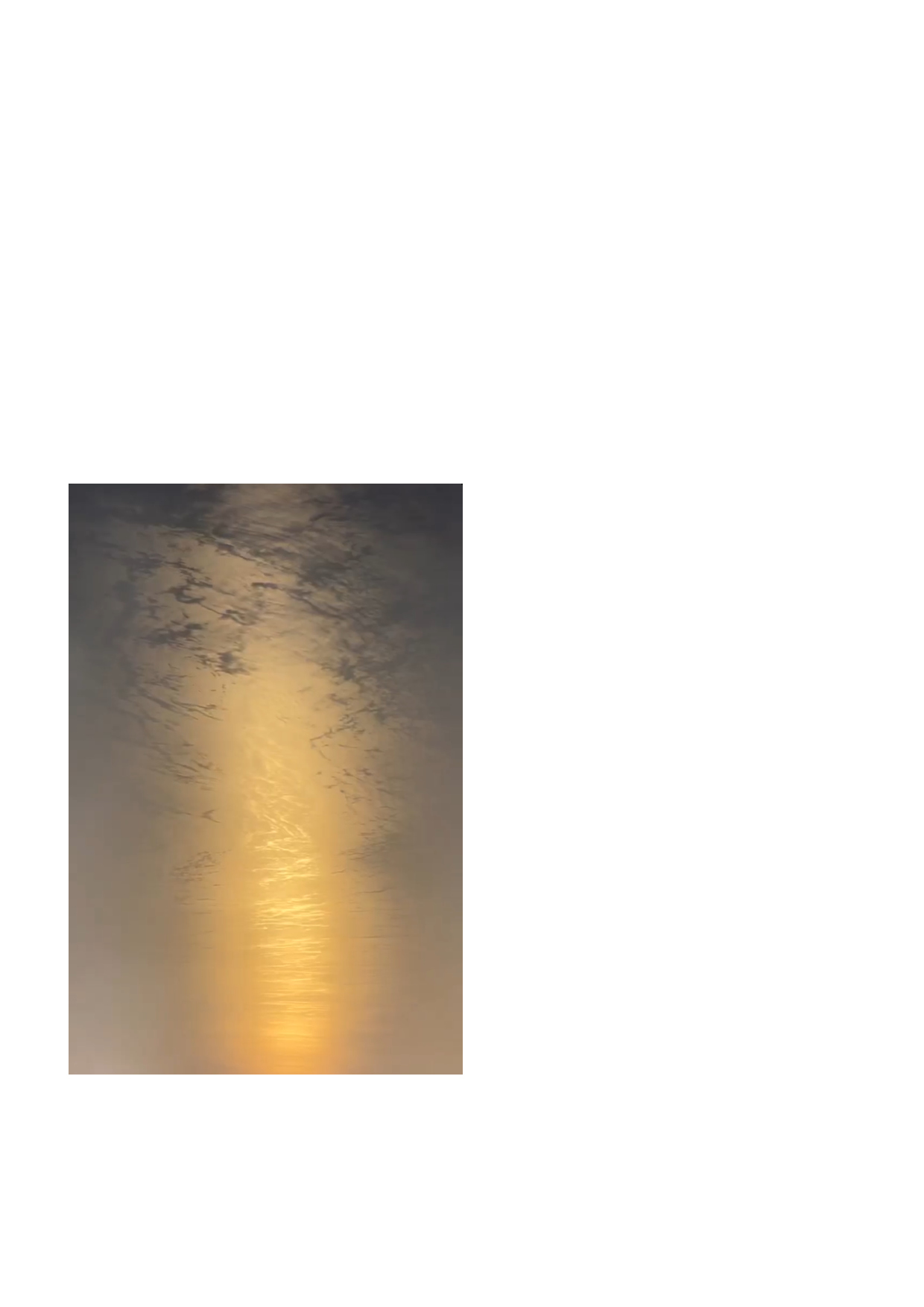


Energy is, by its nature, cyclical.
It flows outward, spirals through space,
and always returns to its source.
You are the center of your universe.
What you radiate—through thought, feeling, and presence—
will shape what meets you.
Not by force,
but by resonance.
It flows outward, spirals through space,
and always returns to its source.
You are the center of your universe.
What you radiate—through thought, feeling, and presence—
will shape what meets you.
Not by force,
but by resonance.

Reality exceeds itself—
more real than real,
until nothing feels true anymore.
more real than real,
until nothing feels true anymore.
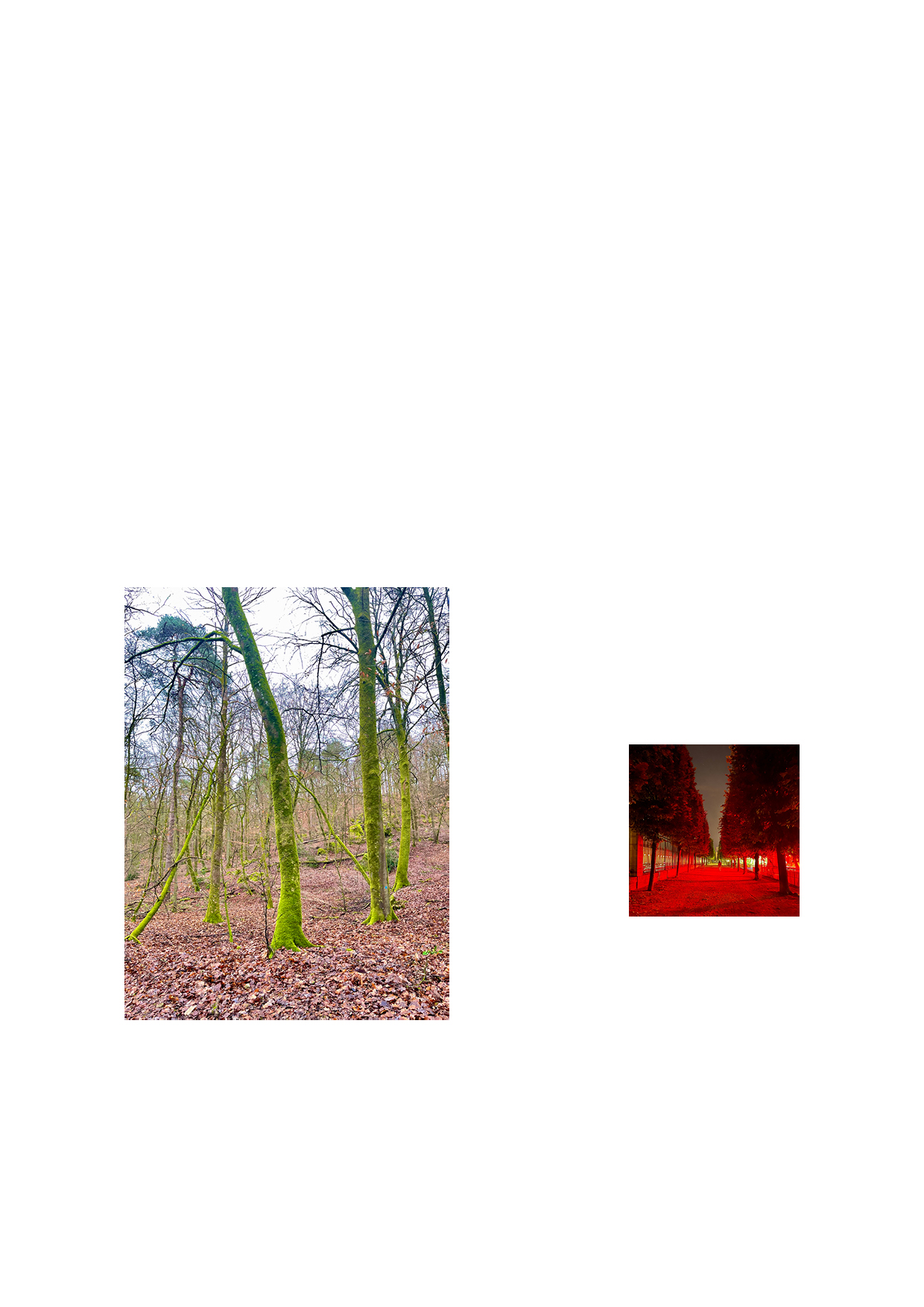


If memory is the grape,
then recollection is the fermentation.
then recollection is the fermentation.
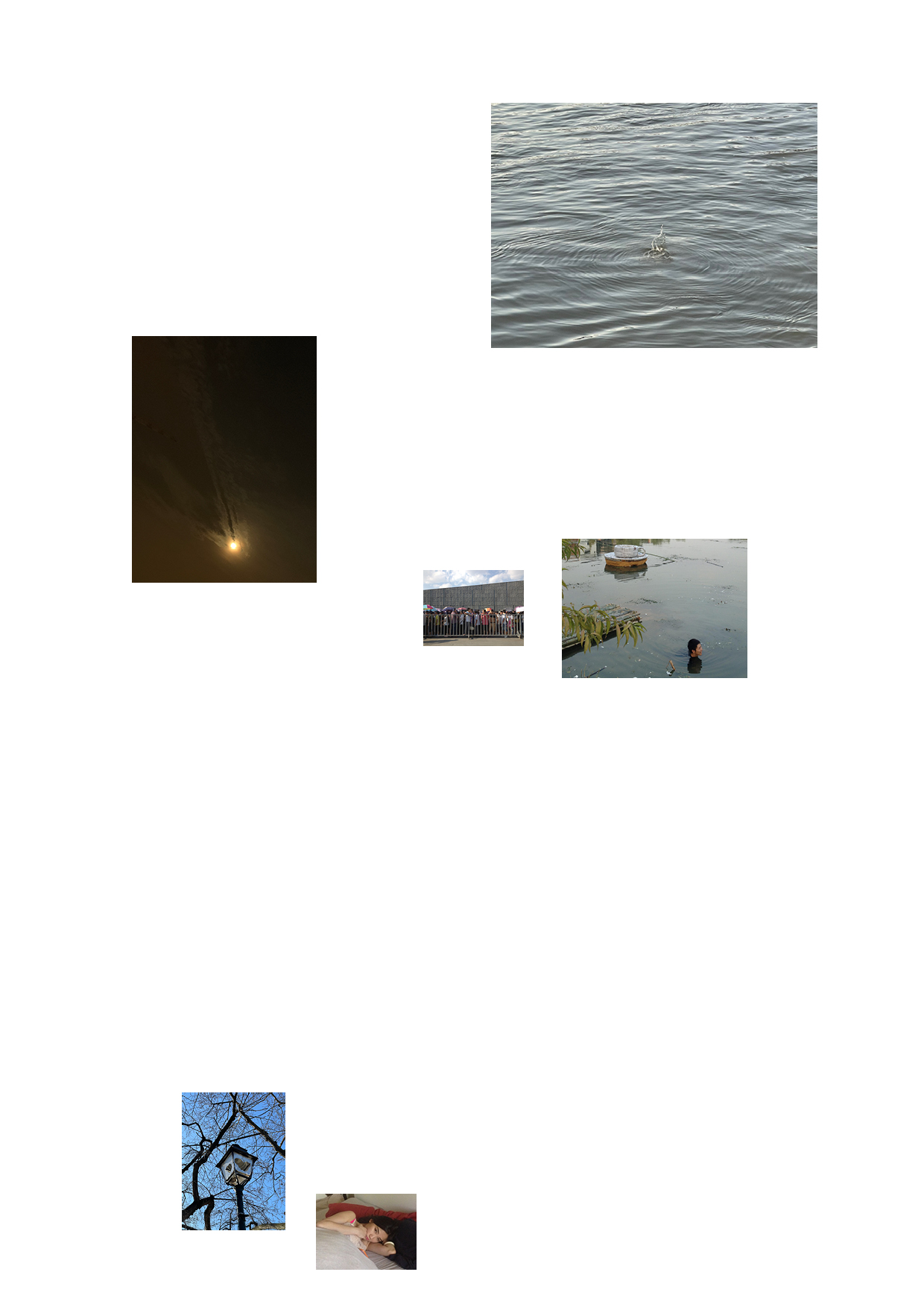
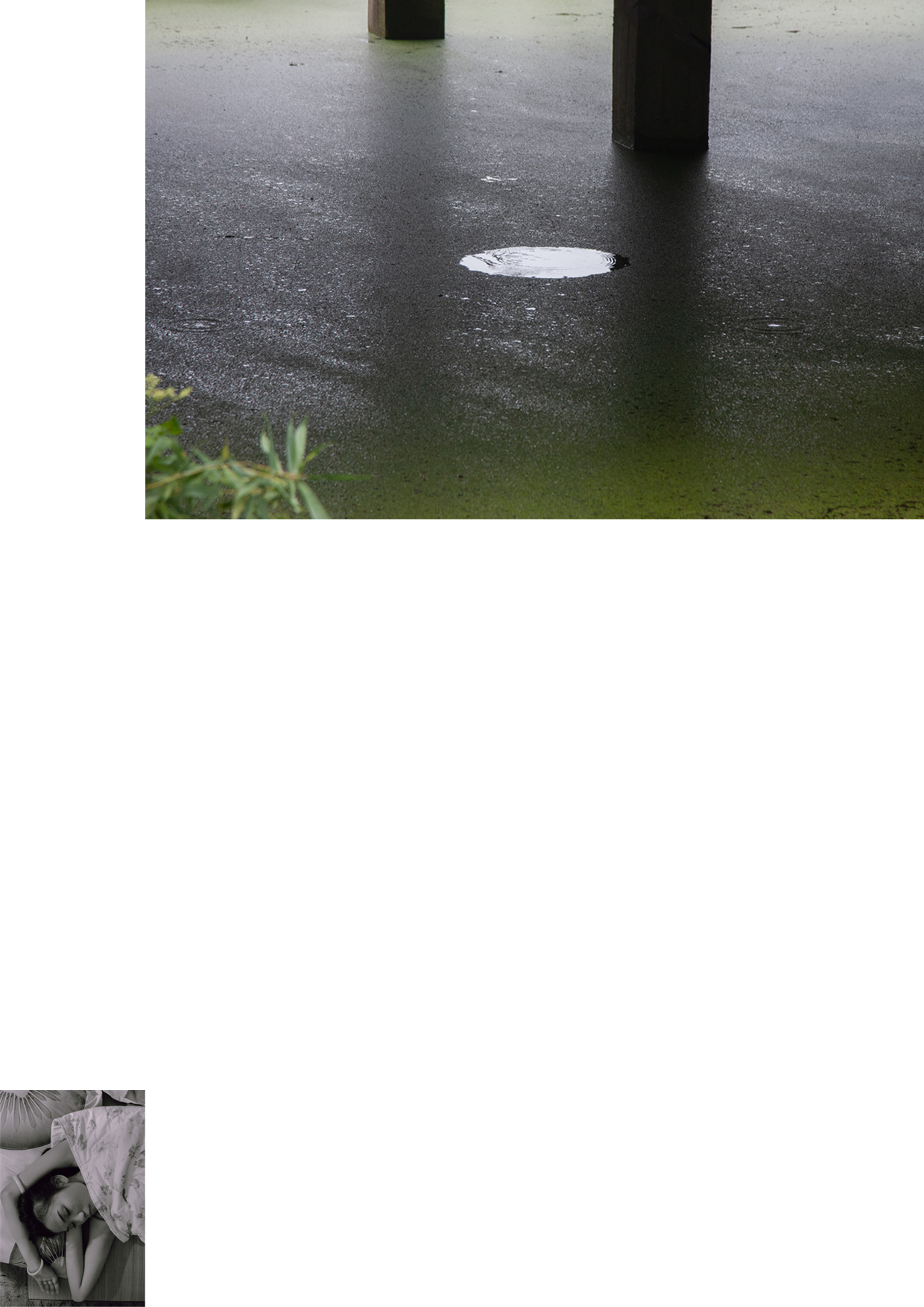
Those ripples once seemed earth-shaking, unforgettable.
But in the great river’s journey,
they were nothing more than a brief flicker,
a single splash among countless waves.
It flowed on—
and nothing remained.
But in the great river’s journey,
they were nothing more than a brief flicker,
a single splash among countless waves.
It flowed on—
and nothing remained.

If the sap of a tree were to become attached to a single flower,
refusing to move,
the whole tree would begin to die.
In the same way,
love that is attached becomes a form of possession
—and possession is not love.
Only love that flows freely,
without seeking to hold,
can nourish the whole.

Beyond the wind, there is only more wind.
Above the sky, only more sky.
In front of the path, the path continues still.
Above the sky, only more sky.
In front of the path, the path continues still.
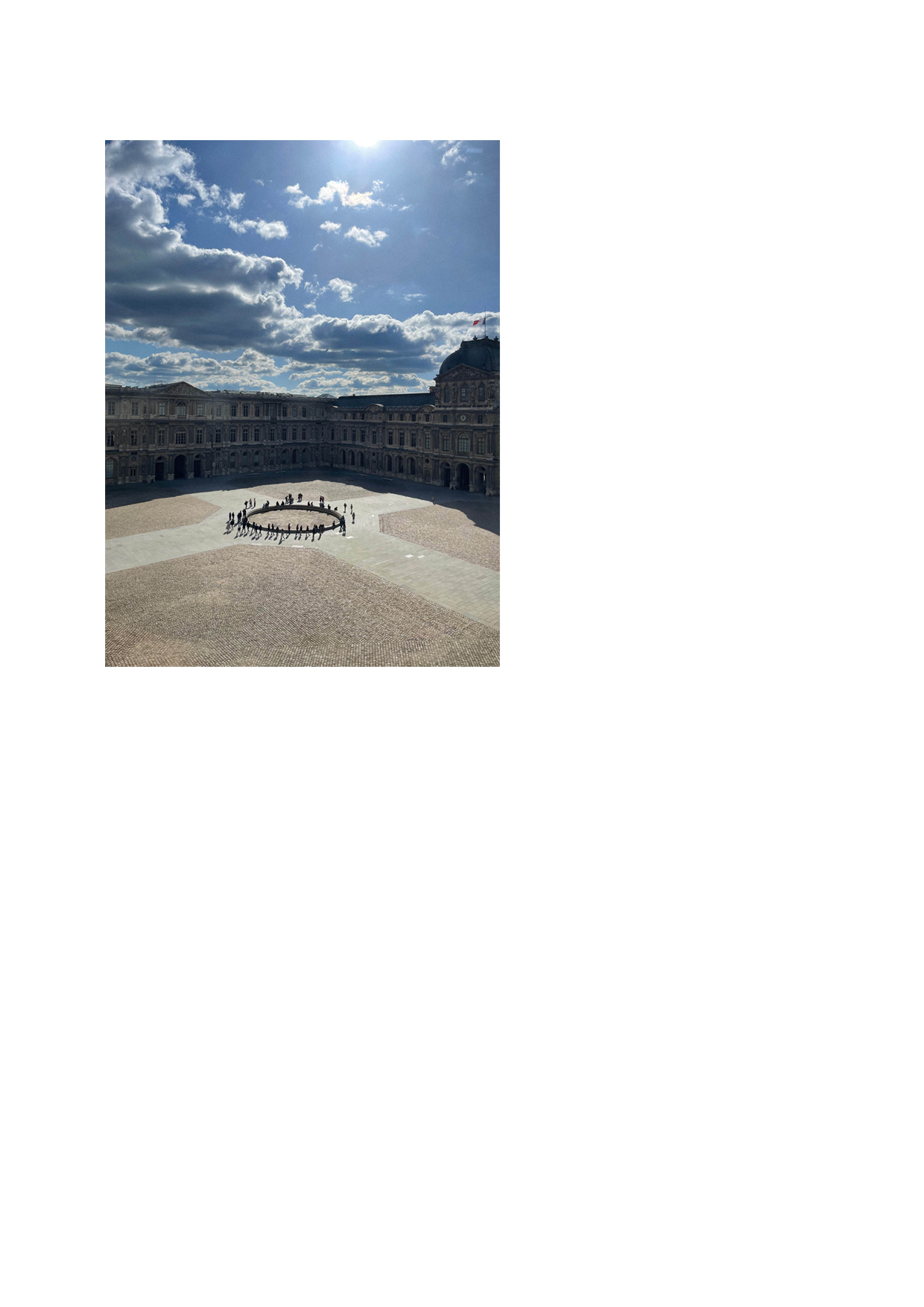
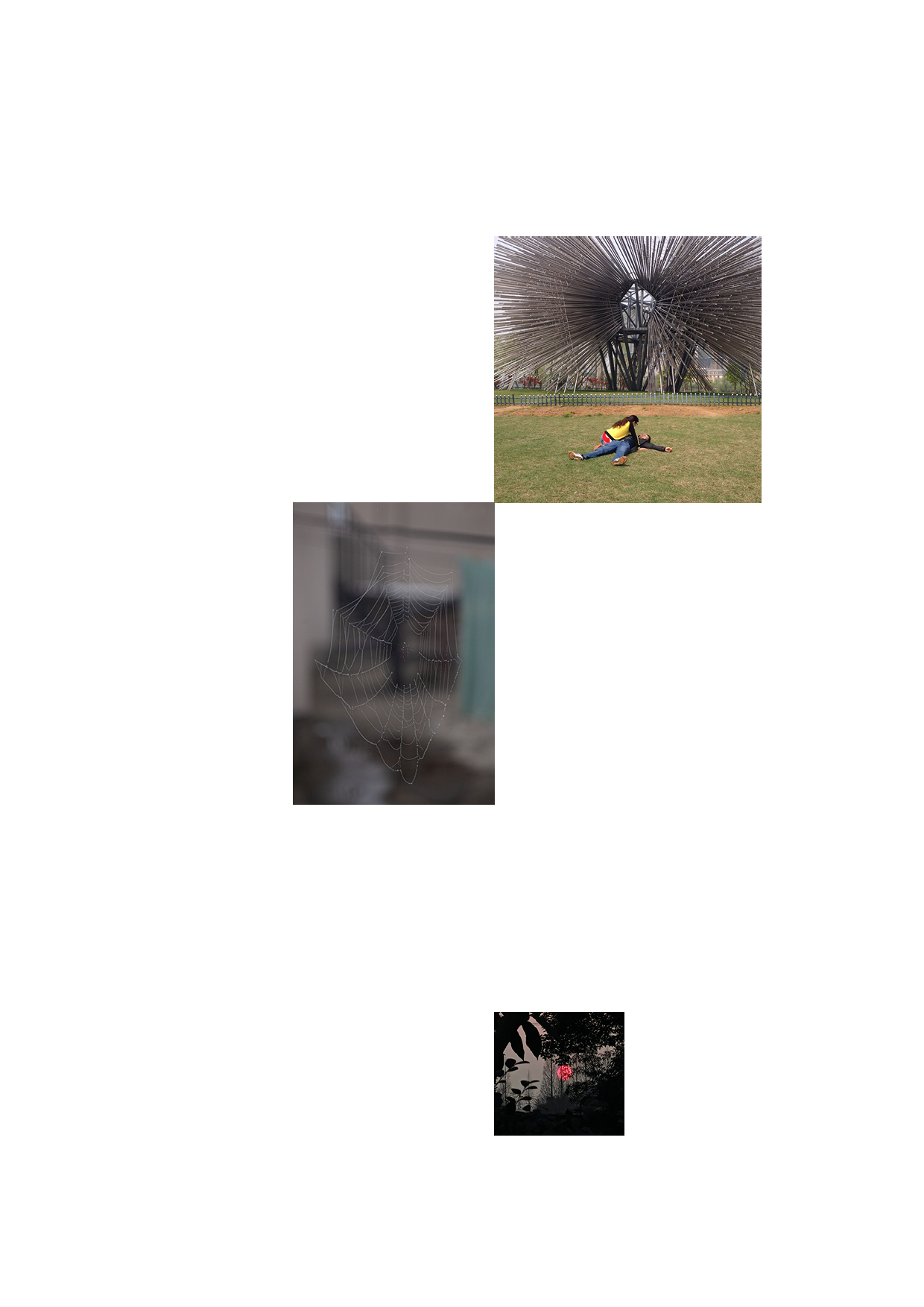

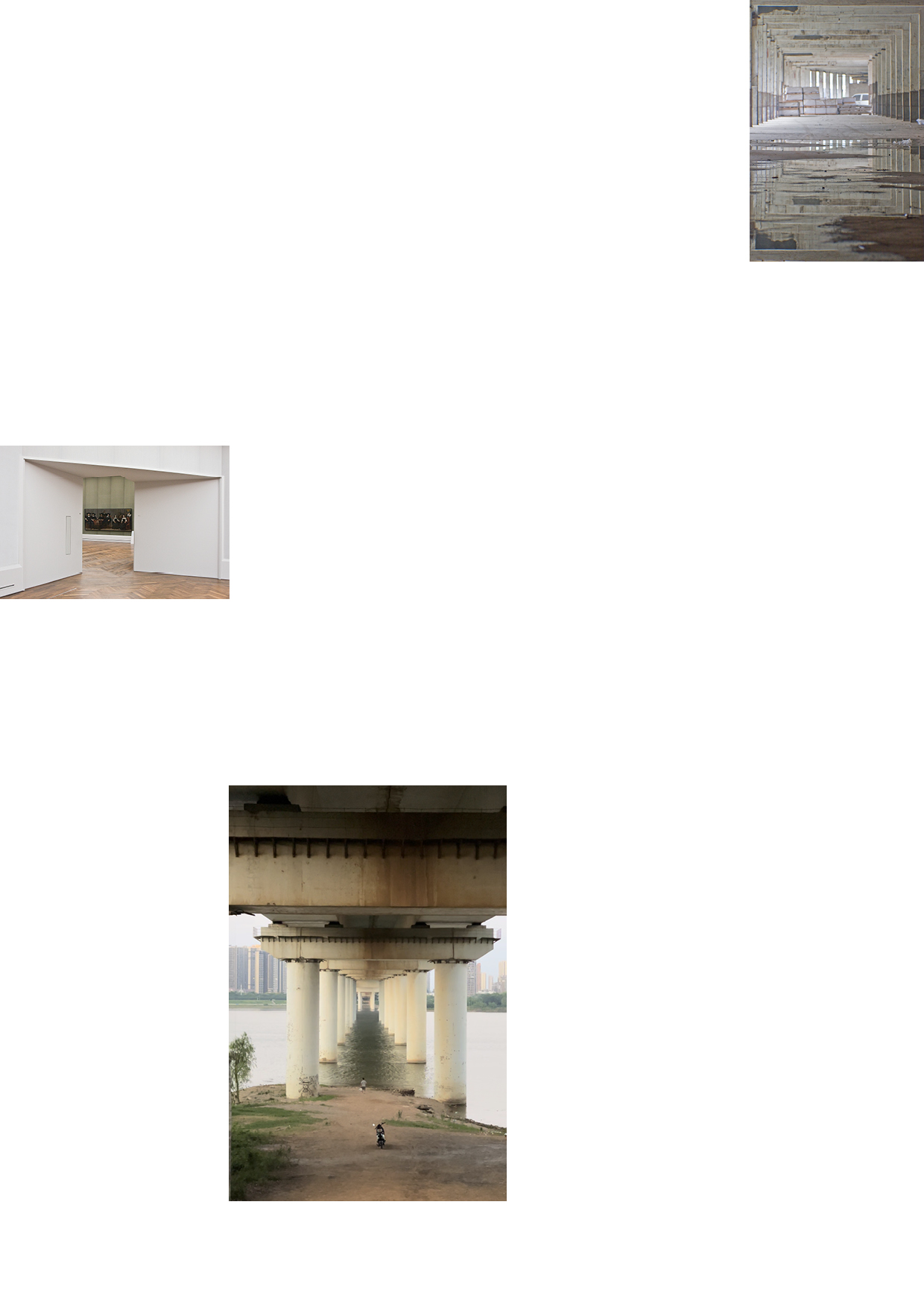



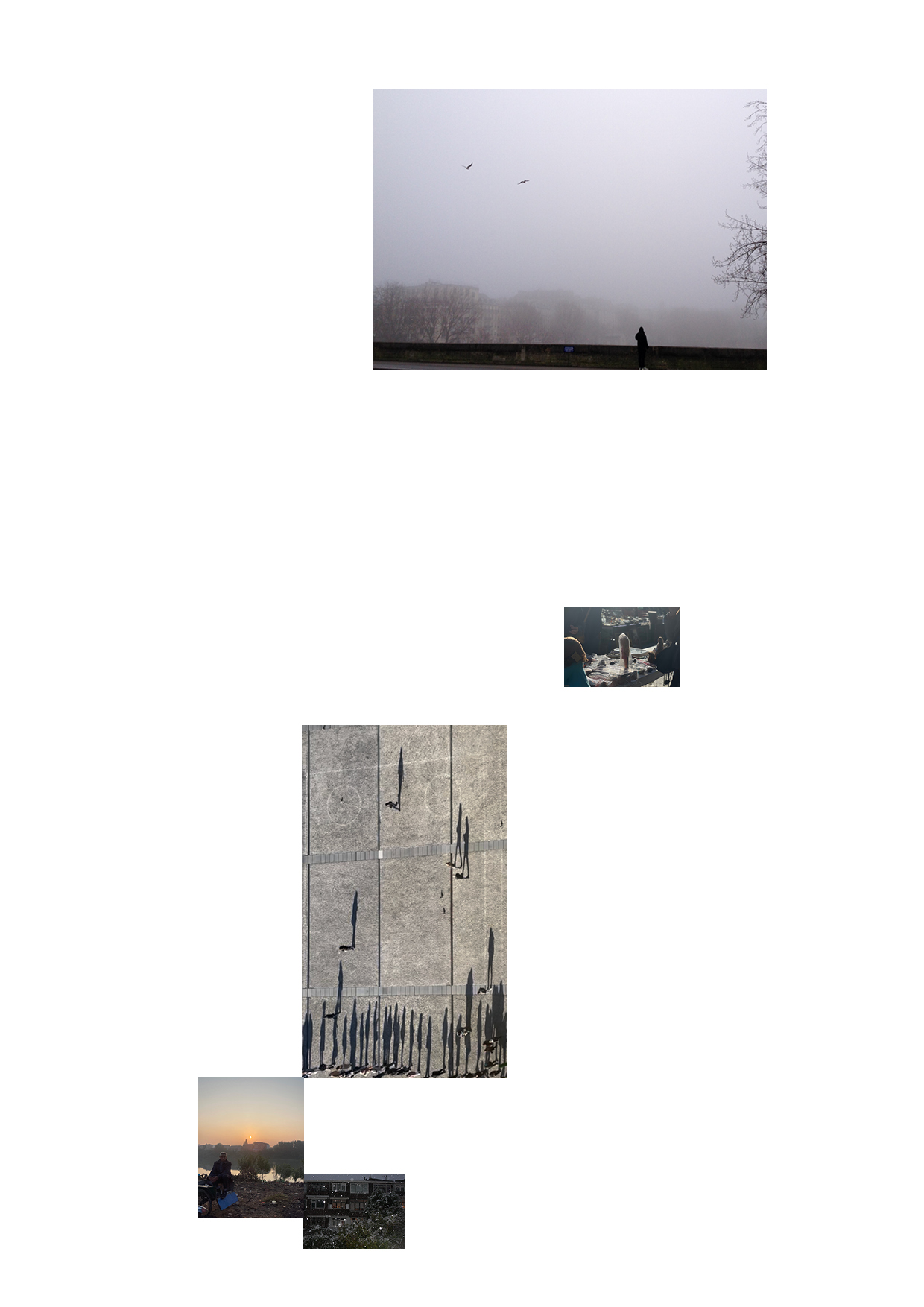
Once human existence is isolated,
it gives rise to irretrievable loneliness and the sense of absurdity.
it gives rise to irretrievable loneliness and the sense of absurdity.

Birth and breath, coming together, falling apart—
are nothing more than echoes of the sea.
The wave believes it is born,
and later, believes it dies.
Yet it does not see—
the tide's endless coming and going
is merely the ocean breathing.
Every meeting, every farewell
is but the same water moving,
the same sea stirring beneath our dreams.
Can you hear it?
It was never goodbye—
only the quiet returning
of something vast, yet gentle
are nothing more than echoes of the sea.
The wave believes it is born,
and later, believes it dies.
Yet it does not see—
the tide's endless coming and going
is merely the ocean breathing.
Every meeting, every farewell
is but the same water moving,
the same sea stirring beneath our dreams.
Can you hear it?
It was never goodbye—
only the quiet returning
of something vast, yet gentle

Each of us
is a walking ancestor
on memory, responsibility,
and becoming the past of the future

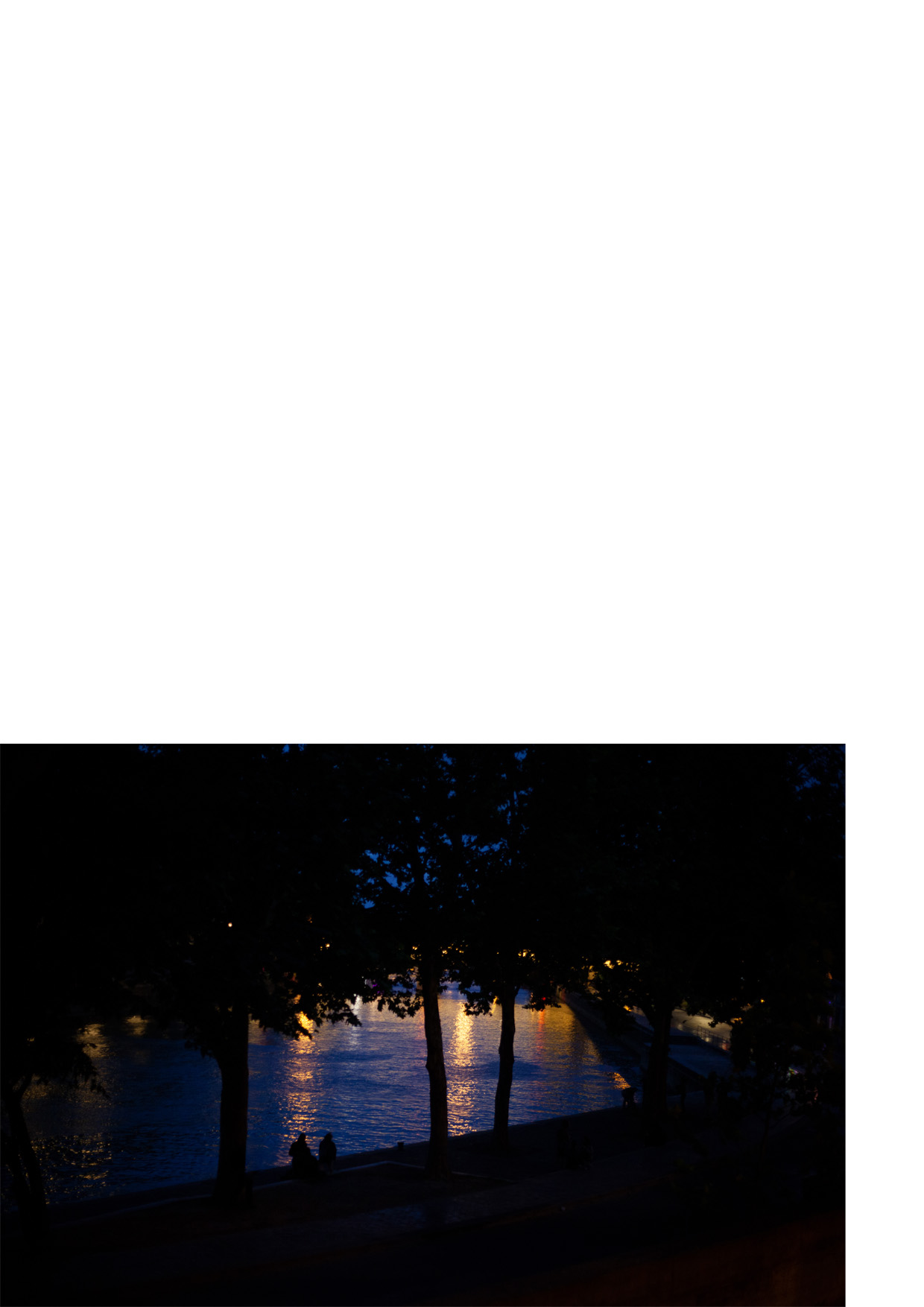



what you see is travel
Every living is meeting
Every living is meeting
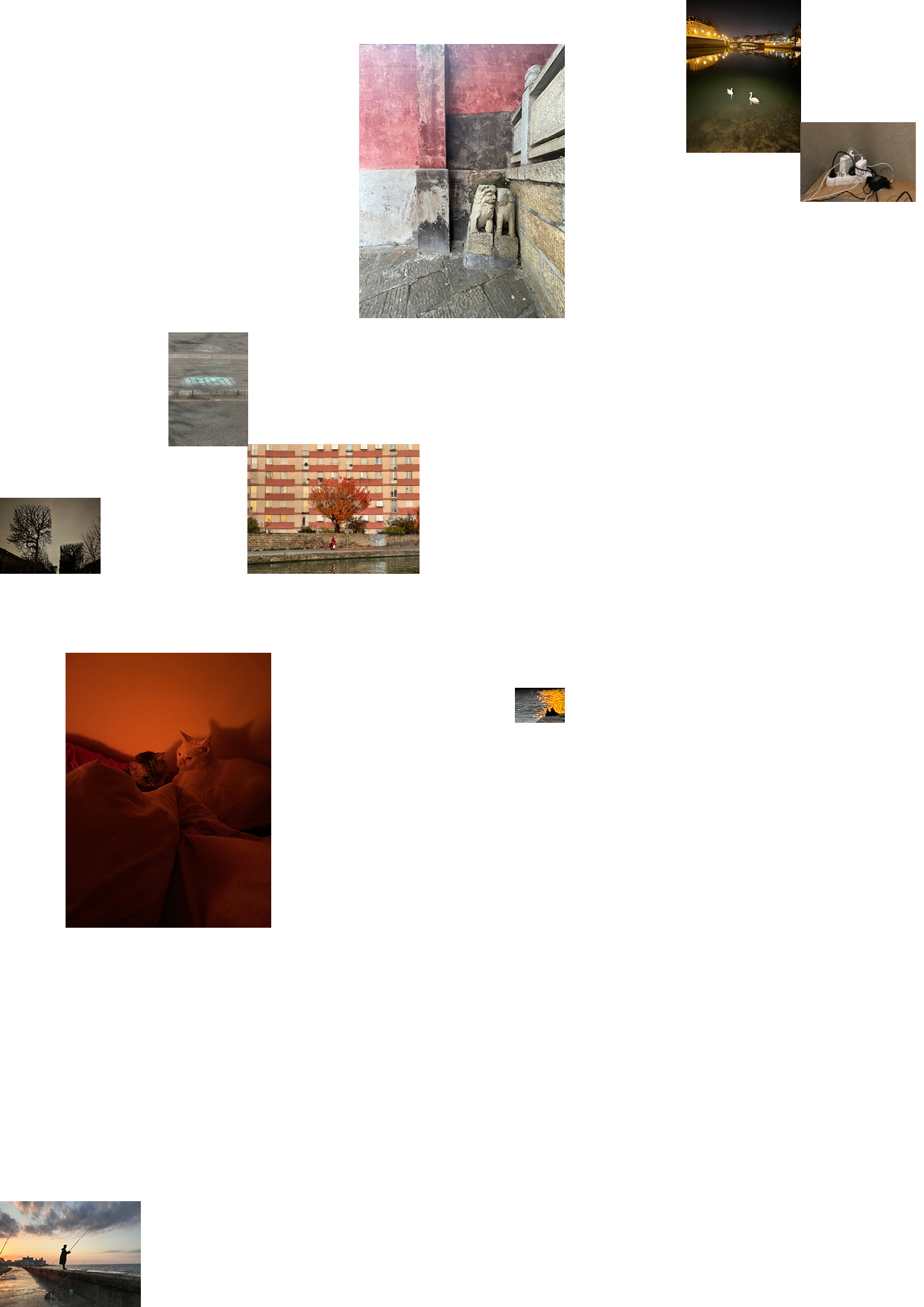
A weakened body gives rise to excessive thought.
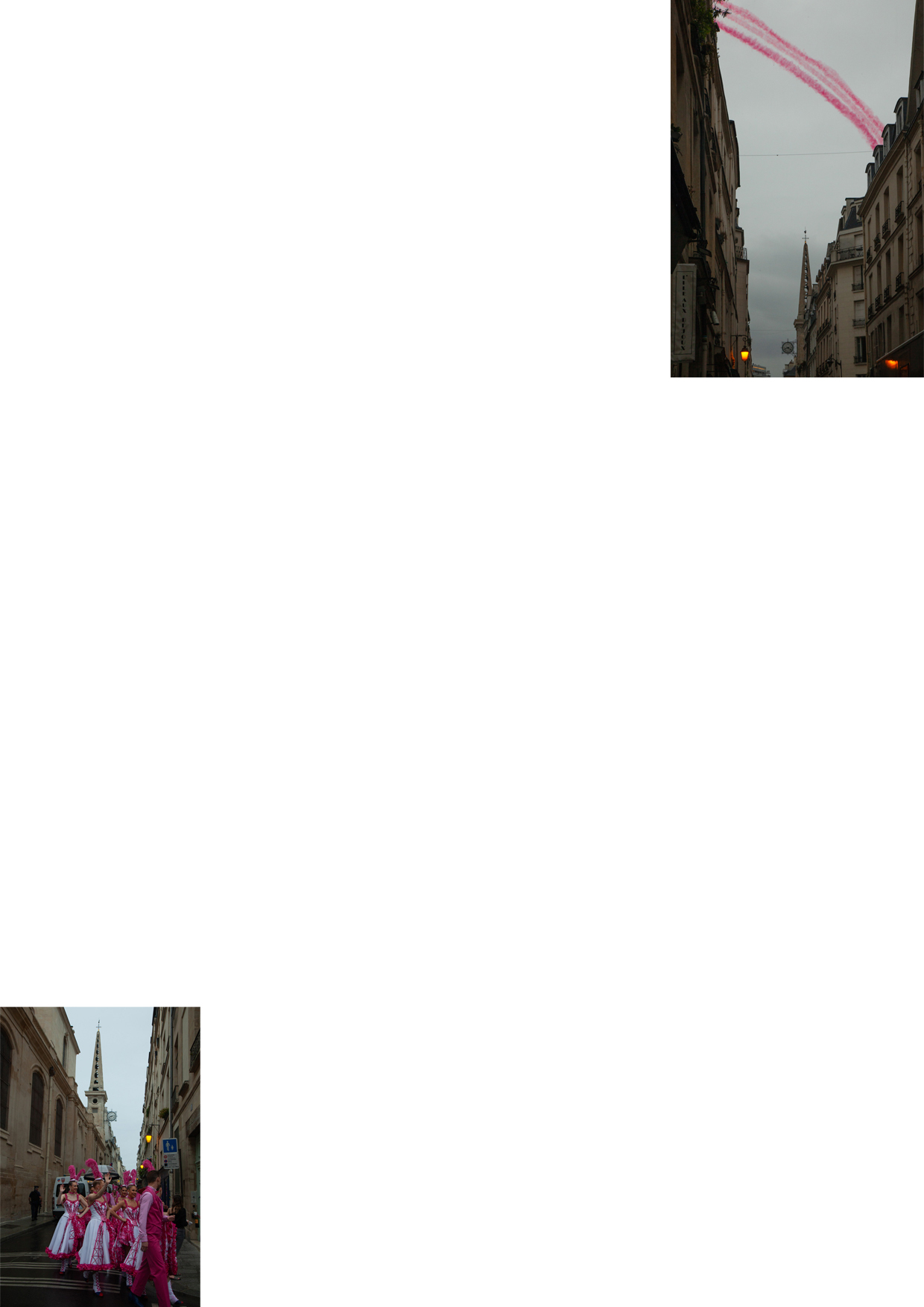

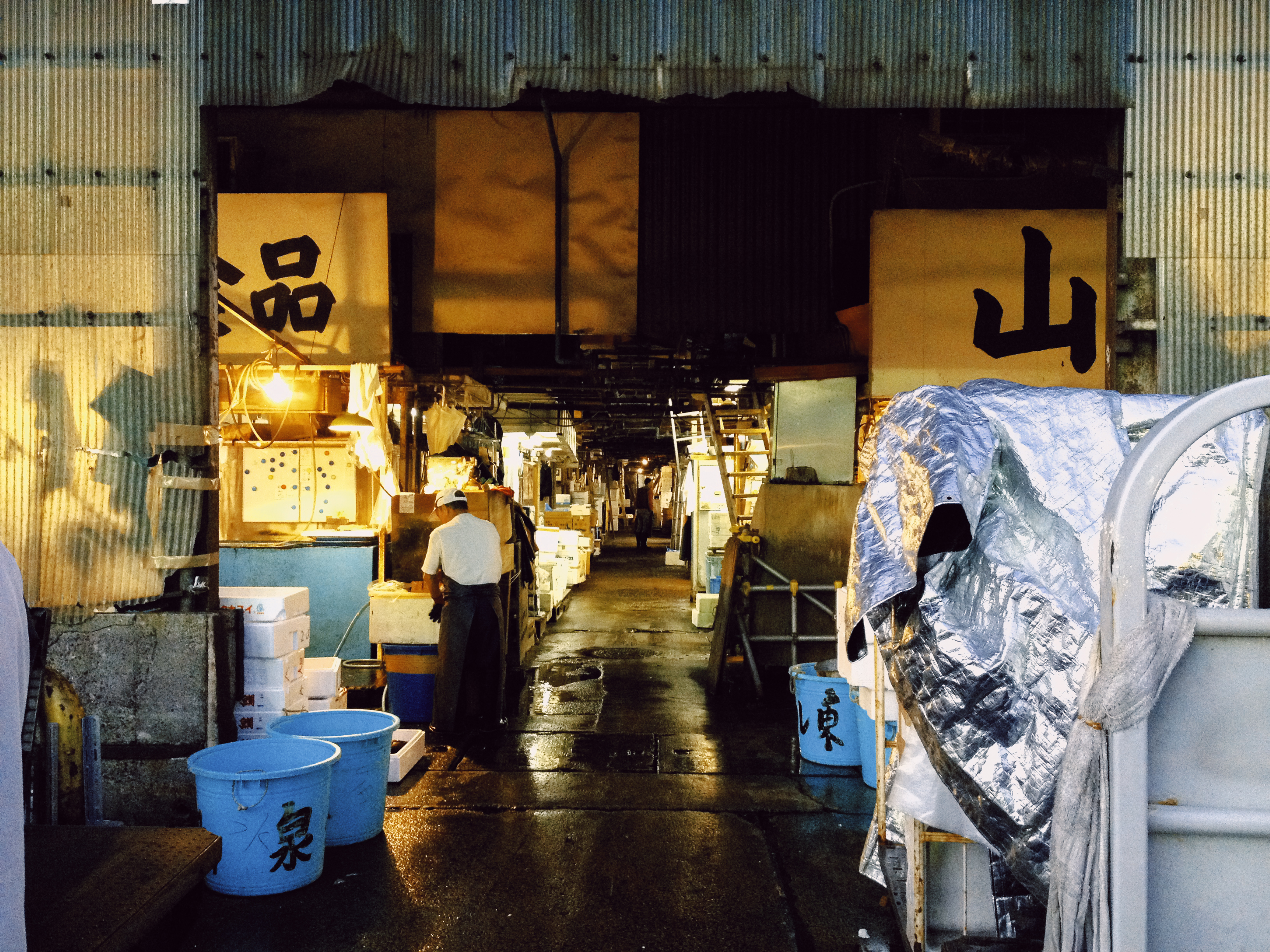
The Frenchman bought the Bronze; I kept the Bodhisattva
On weekends in Paris, I often visit the Vanves flea market.
Over time, familiarity gave rise to confidence.
I believed I knew this place—its rhythm, its repetitions, its limits.
With trained eyes and accumulated experience, I moved quickly,
convinced that nothing of significance could escape my attention.
That morning was no different.
After passing through several aisles, I had already concluded that I had seen everything worth seeing.
As I was about to leave,
I noticed a narrow gap between two stalls I had passed countless times before.
It was a newly inserted space, almost imperceptible,
as if it had appeared only for that moment.
Within it stood two Ming dynasty Buddhist sculptures:
Manjushri and Samantabhadra.
Their authenticity was immediately evident.
They were not imposing.
Yet they possessed a clarity that could not be ignored.
The price was modest, almost precise—
as though waiting for someone capable of stopping.
At the moment I recognized them,
a French antique dealer stepped in front of me.
After a brief, casual negotiation,
he purchased both sculptures at an extraordinarily low price,
directly before my eyes.
What arose first was a sharp sense of loss.
Not anger, but a sudden ignition of desire—
the awareness of having arrived one moment too late.
I remained standing there,
watching him walk away,
then looking back at the table, now empty.
The absence felt strangely physical.
Yet what unsettled me was not the loss of the objects themselves,
but the exposure of something else.
A realization took shape:
my confidence—my belief that I had already seen everything—
had quietly blinded me.
In the aftermath of that discomfort,
another understanding emerged.
Perhaps these sculptures were never meant to be owned.
Manjushri embodies wisdom;
Samantabhadra embodies practice.
Their appearance in that inconspicuous space
was not an invitation to collect,
but an invitation to observe myself.
Through the experience of missing them,
they enacted a lesson on gain and loss.
I understood that arrogance is the most effective form of obscuration.
It was not the world that concealed itself from me—
it was my reliance on experience,
on the certainty of “I know,”
that stood between myself and what was present.
A Zen phrase came to mind:
A cup must be empty in order to receive.
At that moment, the event completed itself.
The dealer carried away the physical forms—
wood or metal shaped by history.
What remained with me was something else:
a reminder to relinquish grasping,
to maintain humility,
to allow awareness to remain unoccupied.
I did not take the sculptures home.
Yet they entered my life.
Objects inevitably change hands.
What does not, is the clarity gained through self-recognition.
That clarity, once perceived, cannot be taken.
I left the Vanves market empty-handed.
But I did not leave empty.
True possession does not reside in objects,
but in the awareness of oneself.
That morning, this was what I acquired.
On weekends in Paris, I often visit the Vanves flea market.
Over time, familiarity gave rise to confidence.
I believed I knew this place—its rhythm, its repetitions, its limits.
With trained eyes and accumulated experience, I moved quickly,
convinced that nothing of significance could escape my attention.
That morning was no different.
After passing through several aisles, I had already concluded that I had seen everything worth seeing.
As I was about to leave,
I noticed a narrow gap between two stalls I had passed countless times before.
It was a newly inserted space, almost imperceptible,
as if it had appeared only for that moment.
Within it stood two Ming dynasty Buddhist sculptures:
Manjushri and Samantabhadra.
Their authenticity was immediately evident.
They were not imposing.
Yet they possessed a clarity that could not be ignored.
The price was modest, almost precise—
as though waiting for someone capable of stopping.
At the moment I recognized them,
a French antique dealer stepped in front of me.
After a brief, casual negotiation,
he purchased both sculptures at an extraordinarily low price,
directly before my eyes.
What arose first was a sharp sense of loss.
Not anger, but a sudden ignition of desire—
the awareness of having arrived one moment too late.
I remained standing there,
watching him walk away,
then looking back at the table, now empty.
The absence felt strangely physical.
Yet what unsettled me was not the loss of the objects themselves,
but the exposure of something else.
A realization took shape:
my confidence—my belief that I had already seen everything—
had quietly blinded me.
In the aftermath of that discomfort,
another understanding emerged.
Perhaps these sculptures were never meant to be owned.
Manjushri embodies wisdom;
Samantabhadra embodies practice.
Their appearance in that inconspicuous space
was not an invitation to collect,
but an invitation to observe myself.
Through the experience of missing them,
they enacted a lesson on gain and loss.
I understood that arrogance is the most effective form of obscuration.
It was not the world that concealed itself from me—
it was my reliance on experience,
on the certainty of “I know,”
that stood between myself and what was present.
A Zen phrase came to mind:
A cup must be empty in order to receive.
At that moment, the event completed itself.
The dealer carried away the physical forms—
wood or metal shaped by history.
What remained with me was something else:
a reminder to relinquish grasping,
to maintain humility,
to allow awareness to remain unoccupied.
I did not take the sculptures home.
Yet they entered my life.
Objects inevitably change hands.
What does not, is the clarity gained through self-recognition.
That clarity, once perceived, cannot be taken.
I left the Vanves market empty-handed.
But I did not leave empty.
True possession does not reside in objects,
but in the awareness of oneself.
That morning, this was what I acquired.
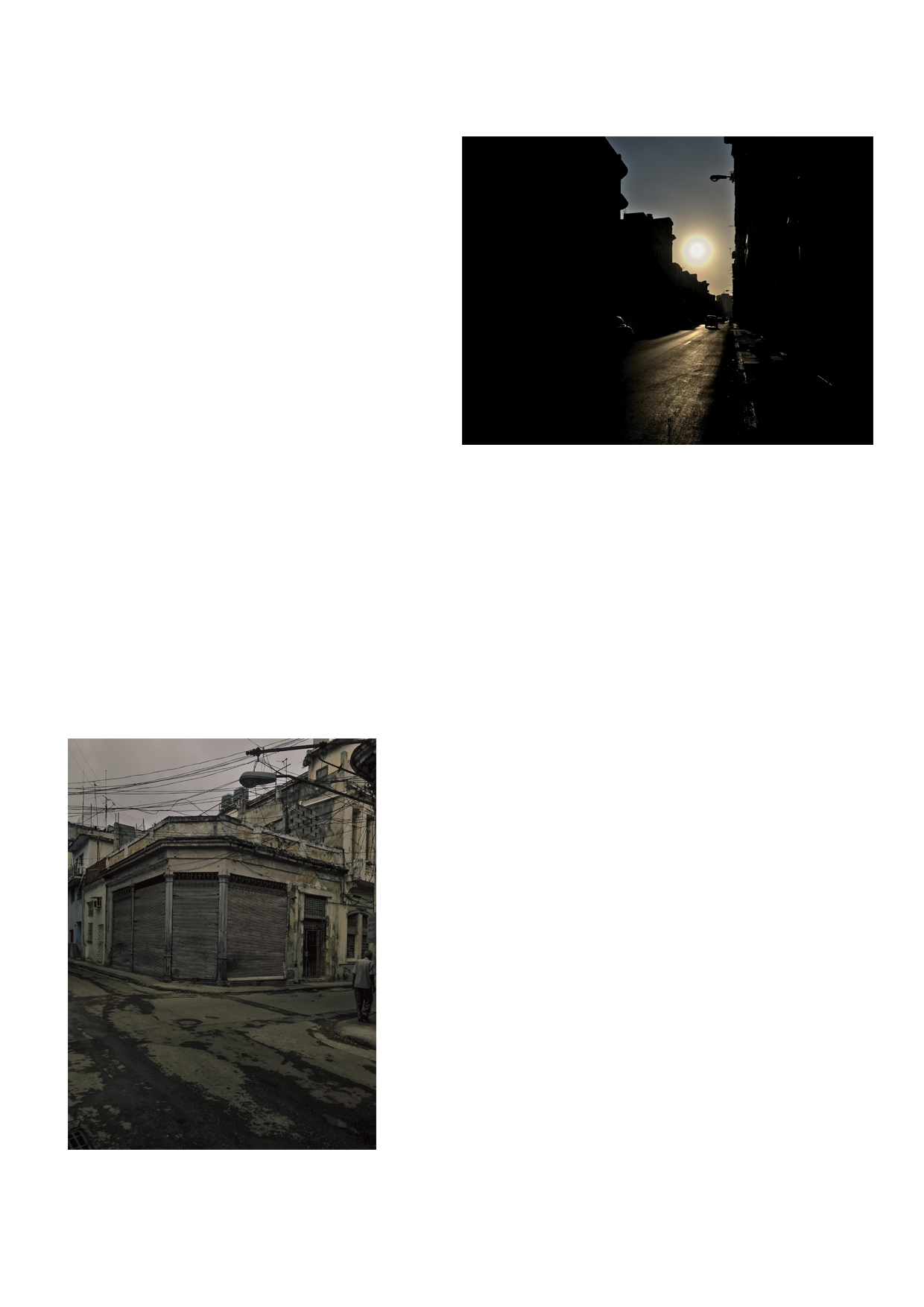
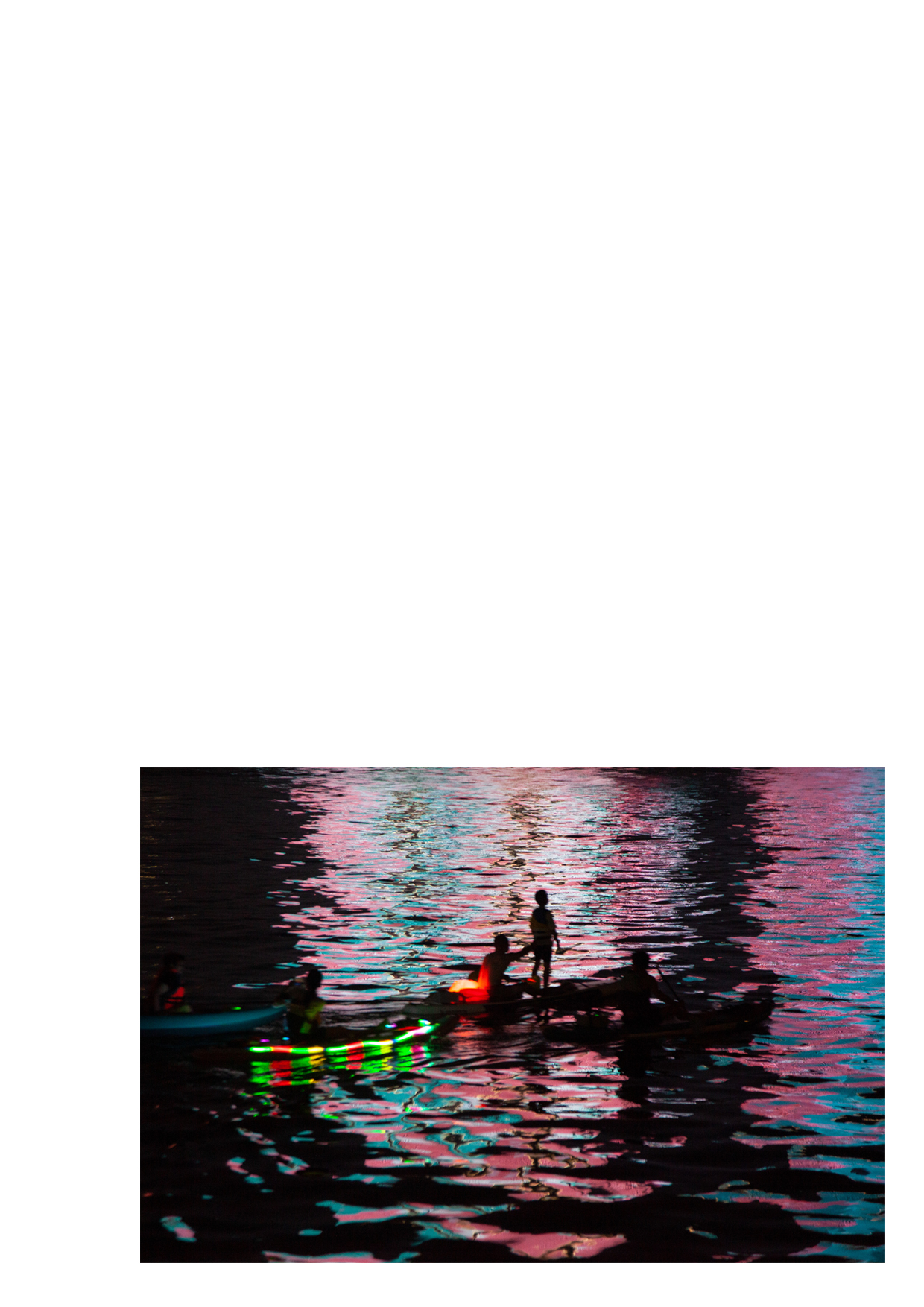
The world isn't here to make you happy -
it's here to make you conscious.
Nothing outside yourself can make you truly happy.



what is wasted time?
sometimes i think… maybe everything is wasted time.
because in the end, nothing really matters.
but then, when i’m inside a single moment,
it suddenly feels like the only thing that does.
maybe it’s not about what i’m doing,
but whether i’m actually there for it.
if i’m doing something i love,
and i’m completely inside it,
it doesn’t feel wasted at all.
but if my mind slips away—
to somewhere else,
to some regret, or some anticipation,
to some resistance against what is here—
then i can feel time leaking away.
life is short, bounded, fragile.
maybe the only true waste
is when i’m absent from my own moment,
when i leave it
before it ever really happens.
maybe time is only wasted
when i skim its surface
instead of dissolving into it.
to be immersed
is to let the moment carry me,
to be absent
is to lose it
before it ever becomes mine.

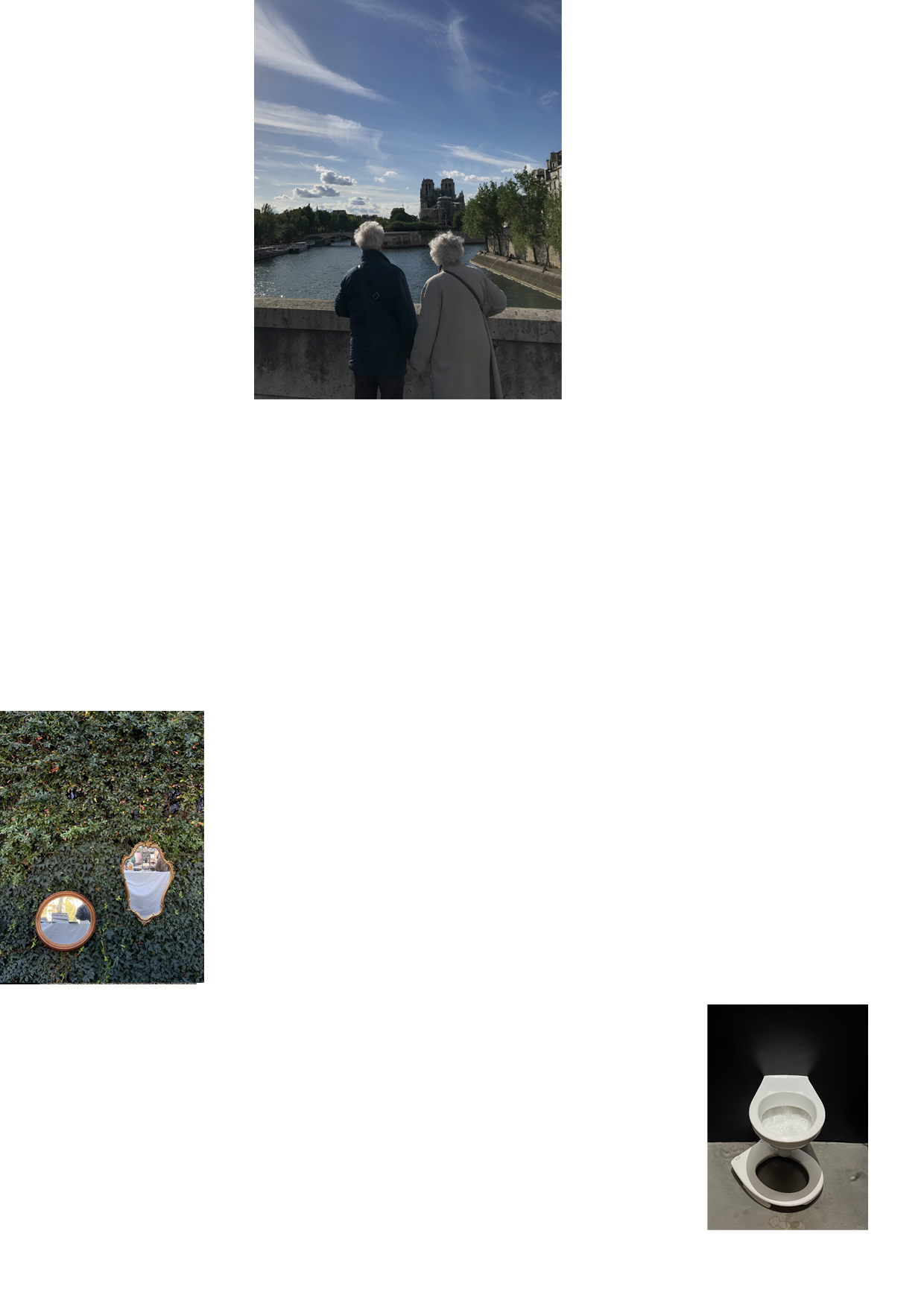
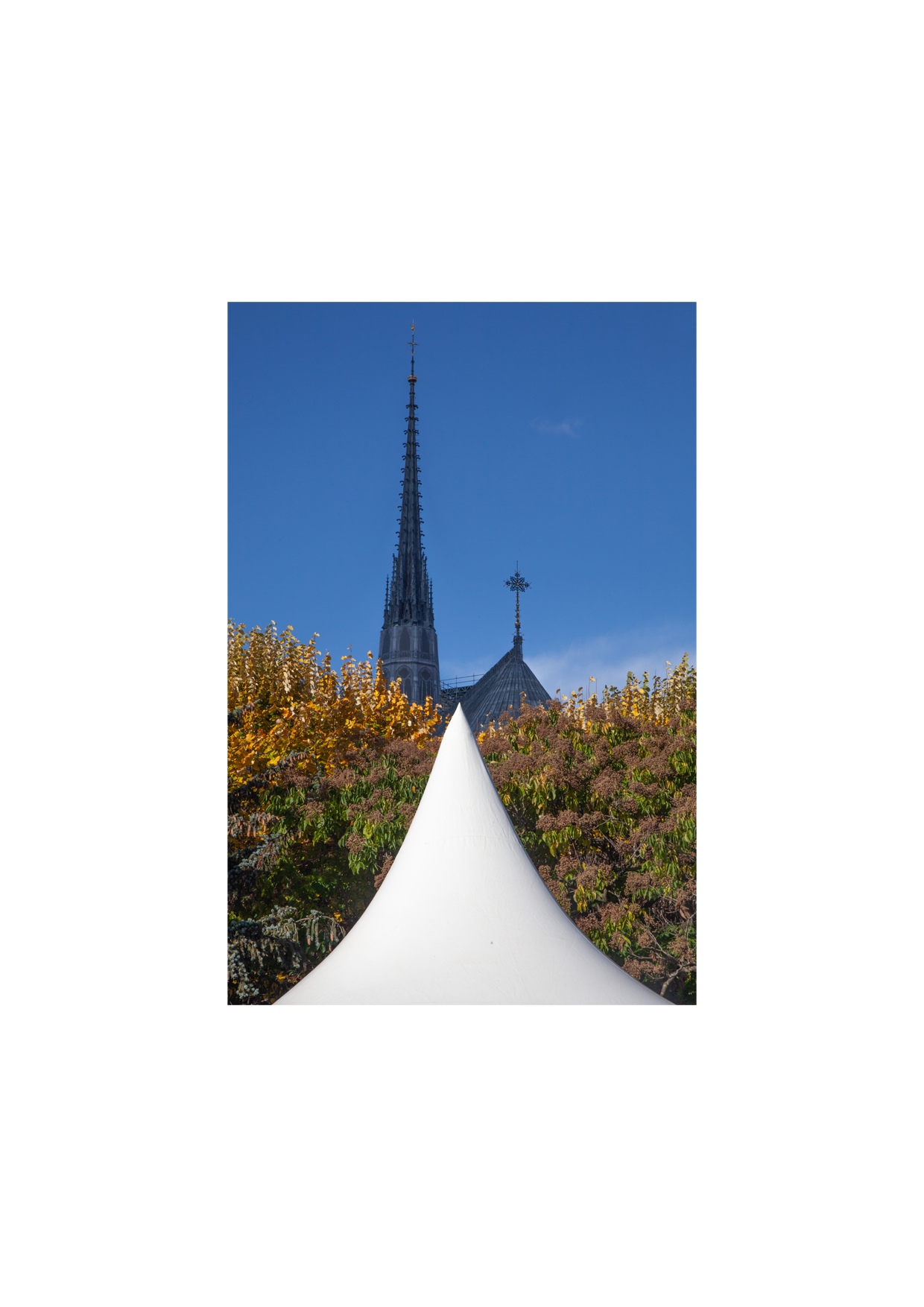


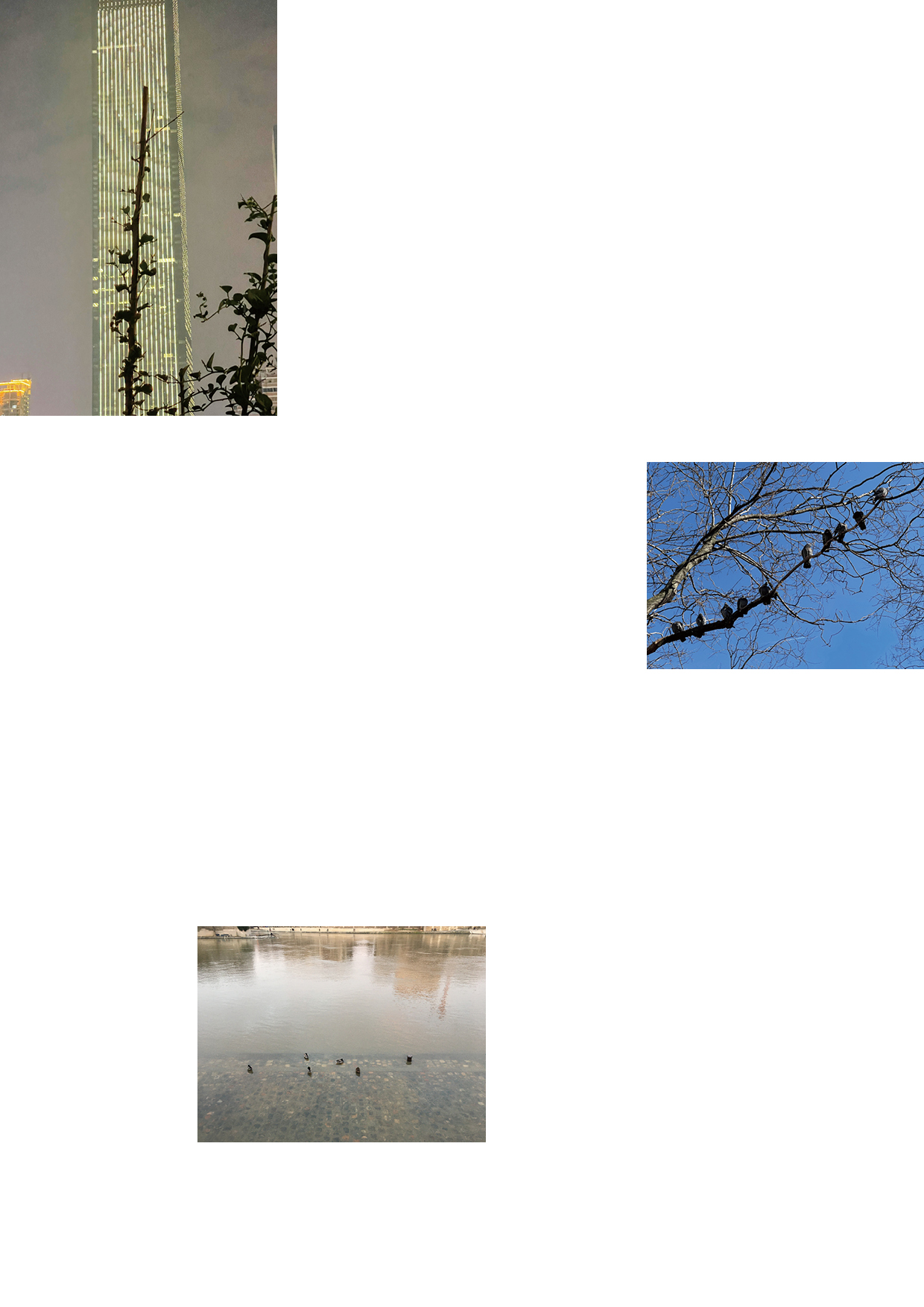

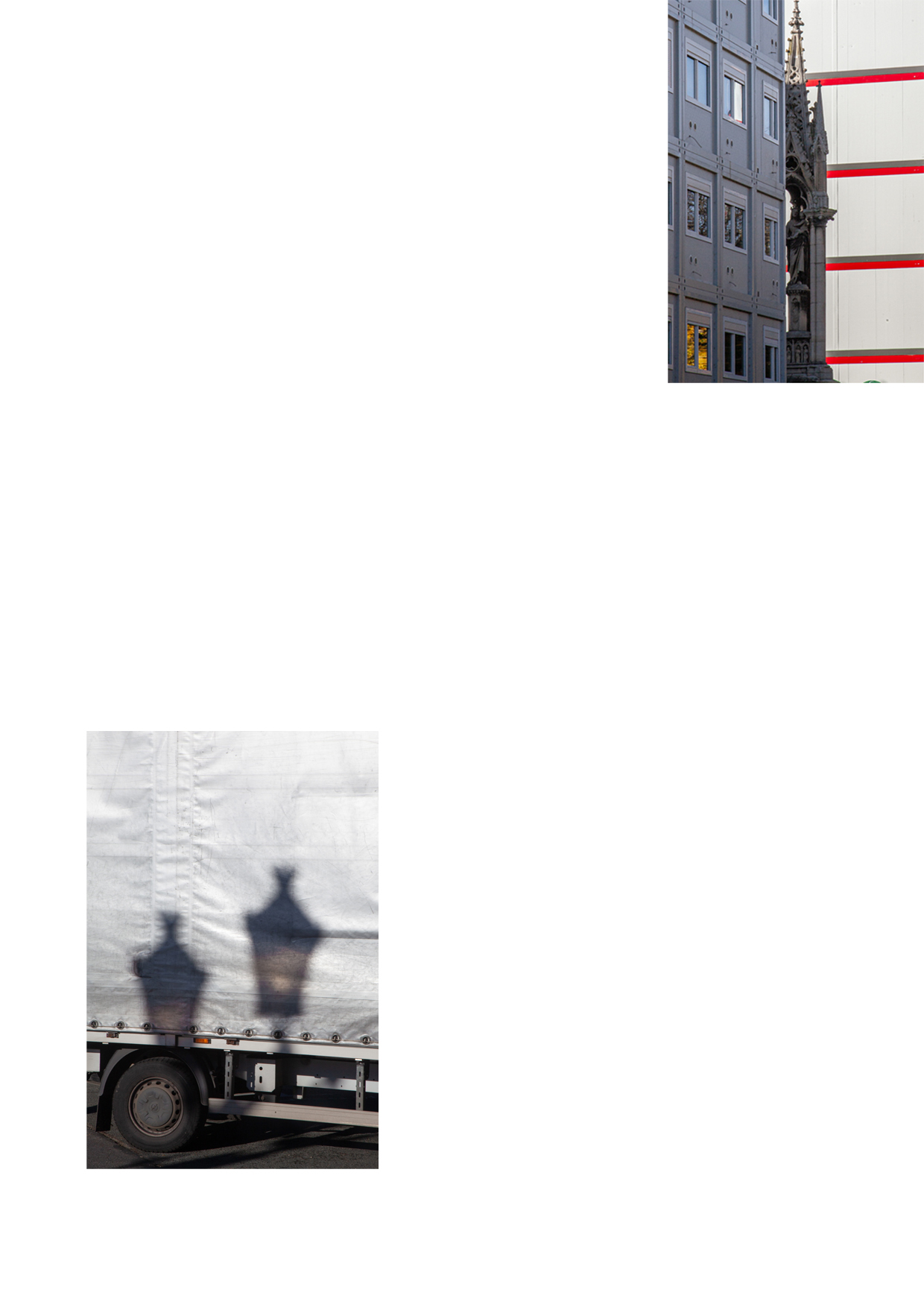
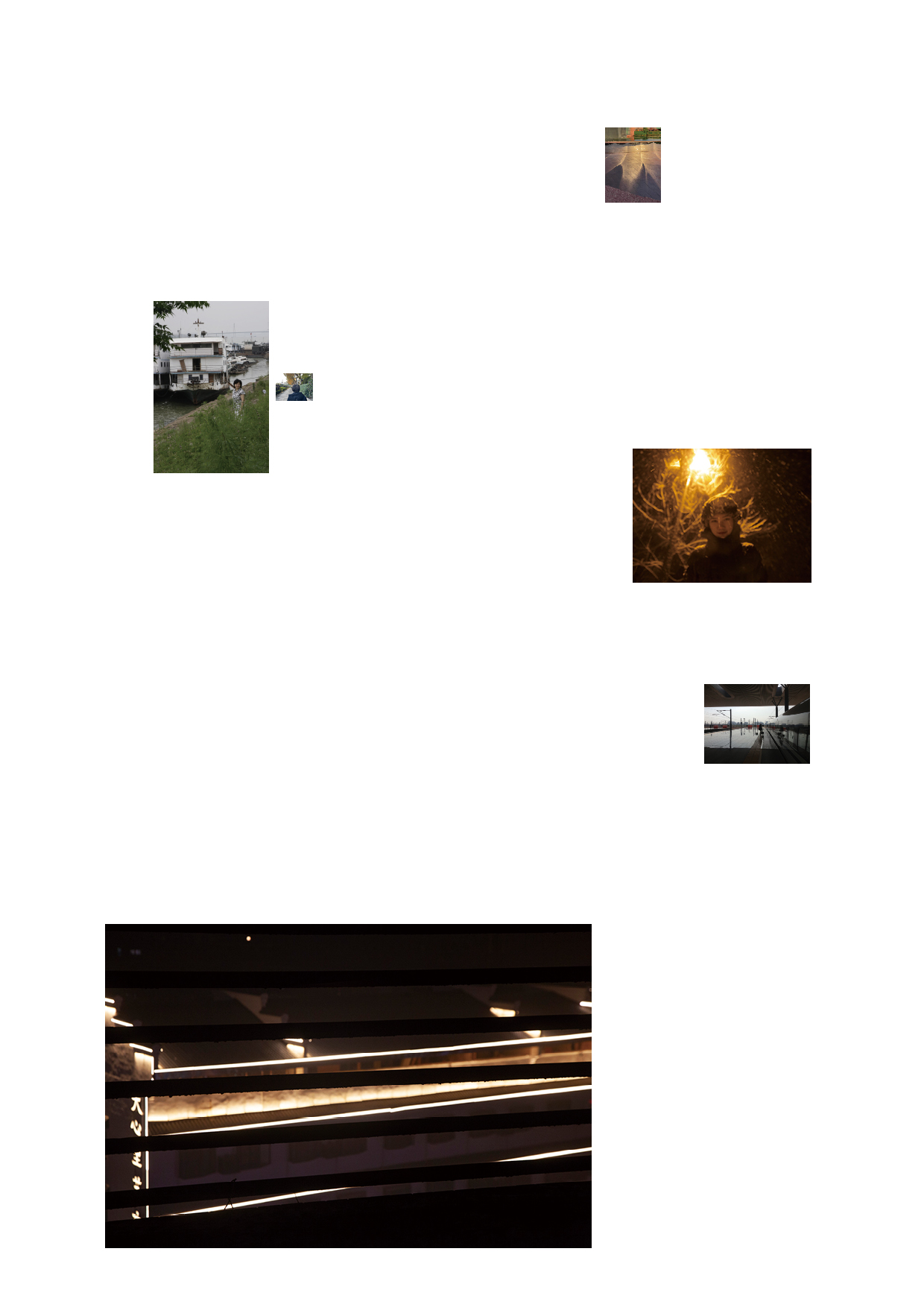




All human activity is interwoven within a dimension we have not yet fully brought into conscious awareness.
Beyond the visible chain of cause and effect,
there exists a higher order—
where events are not connected by logic,
but by meaning.
We often mistake sequence for truth.
We say this happened because that happened.
But there are moments when two events occur together —
without causal relation—yet they speak to the same thread within us.
This is not coincidence.
This is the echo of something deeper:
a rhythm, not a rule.
To perceive this, one must observe without seeking.
Without comparison, without judgment, without the desire to arrive.
Just to see.
“Observation without the observer,” Krishnamurti called it—
a pure seeing where thought is quiet,
and meaning arises not from effort,
but from awareness.
When the mind is silent,
meaning reveals itself.
Not as conclusion,
but as pattern,
as pulse,
as presence.
This is the field where your gaze meets the world.
This is where your images are born.
Beyond the visible chain of cause and effect,
there exists a higher order—
where events are not connected by logic,
but by meaning.
We often mistake sequence for truth.
We say this happened because that happened.
But there are moments when two events occur together —
without causal relation—yet they speak to the same thread within us.
This is not coincidence.
This is the echo of something deeper:
a rhythm, not a rule.
To perceive this, one must observe without seeking.
Without comparison, without judgment, without the desire to arrive.
Just to see.
“Observation without the observer,” Krishnamurti called it—
a pure seeing where thought is quiet,
and meaning arises not from effort,
but from awareness.
When the mind is silent,
meaning reveals itself.
Not as conclusion,
but as pattern,
as pulse,
as presence.
This is the field where your gaze meets the world.
This is where your images are born.


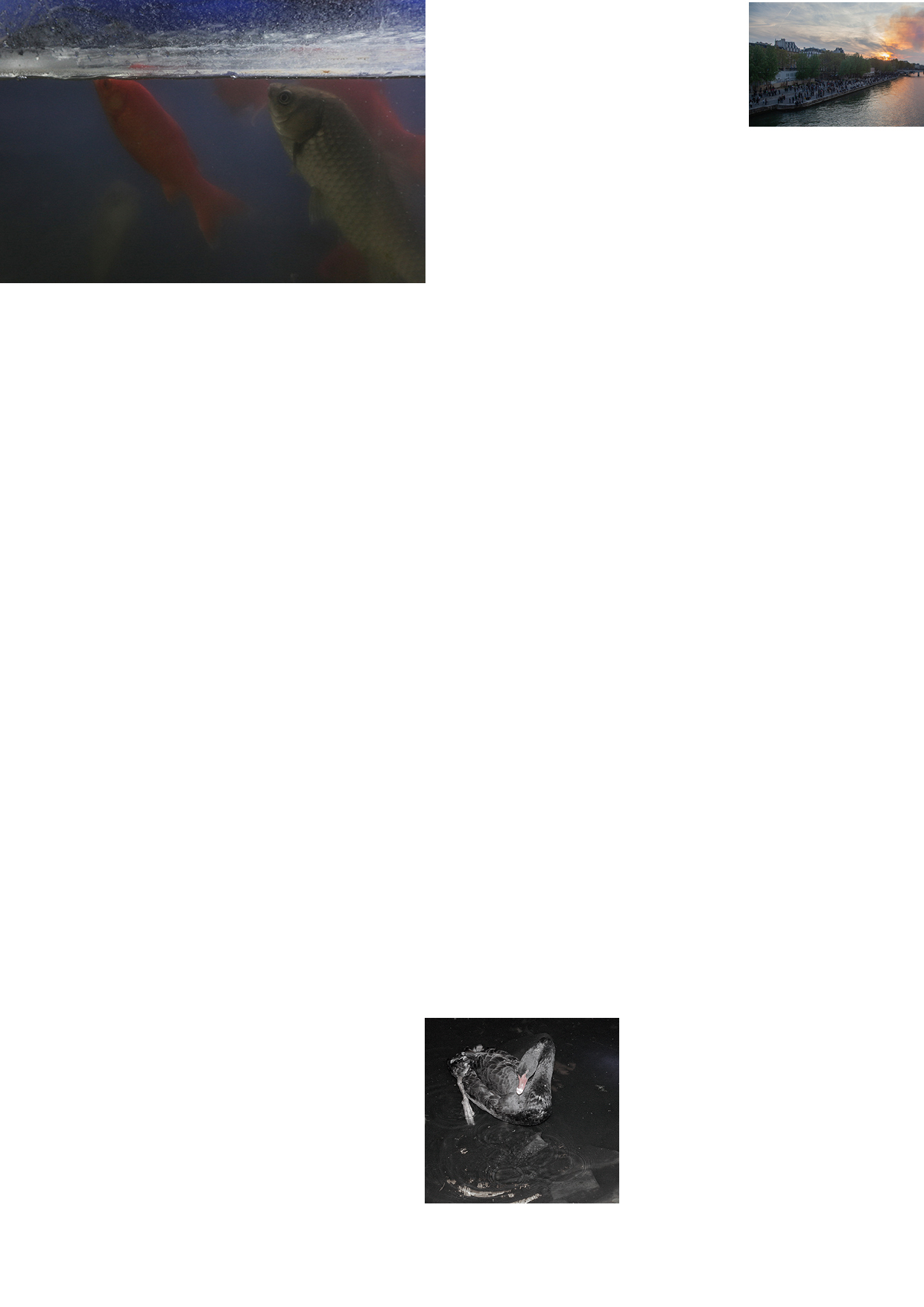







When you look closely at Michelangelo’s work,
you do not see a man trying to prove he is an artist.
There is no display of skill for its own sake,
no craving for recognition.
What you see is something else entirely:
a movement of attention,
a response to the human condition—
to beauty, to suffering, to form.
And in that response,
there is no self.
There is only the act.
In that sense, Michelangelo was not serving art.
He was serving humanity.
Not from an idea of service,
but because there was no division between the work and the world.
The Buddha, too, acted without self.
He did not serve mankind as a role or an ideal.
He simply saw—clearly.
And from that seeing, there was compassion.
And from compassion, action.
True service does not begin with the self.
It begins where the self ends.
you do not see a man trying to prove he is an artist.
There is no display of skill for its own sake,
no craving for recognition.
What you see is something else entirely:
a movement of attention,
a response to the human condition—
to beauty, to suffering, to form.
And in that response,
there is no self.
There is only the act.
In that sense, Michelangelo was not serving art.
He was serving humanity.
Not from an idea of service,
but because there was no division between the work and the world.
The Buddha, too, acted without self.
He did not serve mankind as a role or an ideal.
He simply saw—clearly.
And from that seeing, there was compassion.
And from compassion, action.
True service does not begin with the self.
It begins where the self ends.
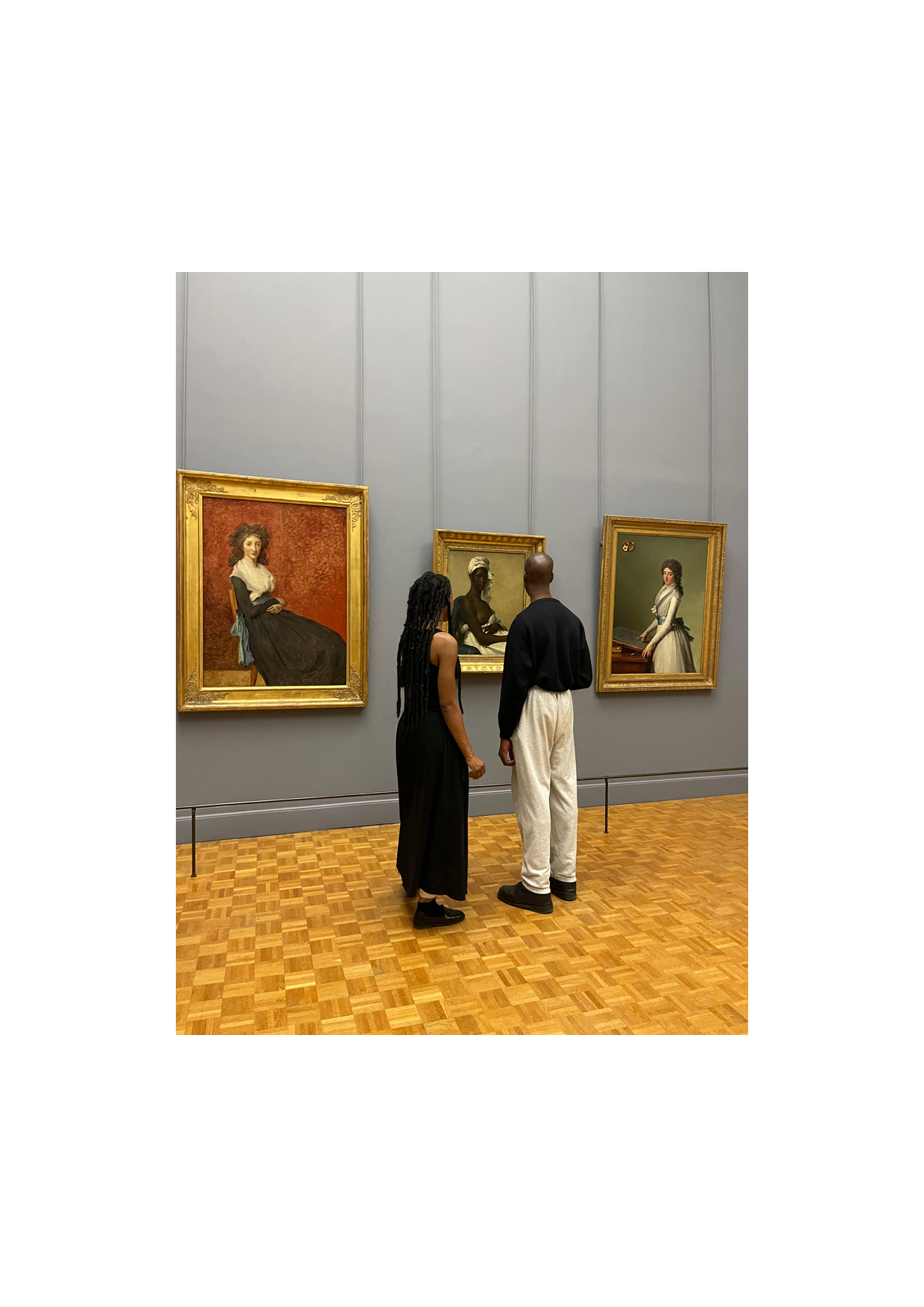

The joy of the world cannot hold eternal peace,
for in time, all forms shift, and all things pass.
for in time, all forms shift, and all things pass.


The question of what art means and what its purpose is can be a really big, open-ended one. But at the end of the day, I believe that it's up to each of us to find our own meaning and purpose in art. The process of exploring this question is what's truly important, not necessarily the answer we come up with.
Some people argue that there is no inherent meaning or purpose to art. It's like trying to write on water or build houses out of sand - everything we create will eventually fade away and disappear. We've only been alive for a brief moment in the grand scheme of the universe, and we'll be dead for much, much longer. The universe has existed for 10 billion years and may continue to exist for another 70 billion years. Compared to the history of the universe, your life is equivalent to non-existence: it did not exist in the past 10 billion years and will not exist in the future 70 billion years. Eventually, the universe will end in a state of heat death. No one will remember us or our creations after a certain amount of time has passed. So, in a way, there's no real meaning to anything we do.
But I don't think that means we should give up on trying to find meaning and purpose in our lives and our creations. We have to create our own meaning, even if that meaning is only temporary. We have to ask ourselves, "Is this life just a play that I'm watching, or can I make a difference in some way?
As physicist Richard Feynman asserted, there may not be any fundamental, intrinsic purpose to the universe. Even if there were, we would just end up asking "why" over and over again. It's illogical to believe in an eternal afterlife as there's no evidence to support it. It's like the time before we were born, where we had no knowledge or awareness of anything, including ourselves, our loved ones, or the world around us. After we die, we will be in a similar state of non-existence.
In physics, the arrow of time arises from entropy, where the second law of thermodynamics demonstrates that entropy only increases, causing disorder in the Universe to rise, while concentrated free energy decreases. Living things are capable of locally reversing entropy, as humans do with their actions. However, in doing so, we globally accelerate entropy, leading to the eventual heat death of the Universe. The more complex systems we create, whether it's through art, mathematics, civilization, computers, or family, the faster we push ourselves towards that end. Ultimately, everything will be at the same energy level, resulting in an indistinguishable, unified entity.
Some people argue that there is no inherent meaning or purpose to art. It's like trying to write on water or build houses out of sand - everything we create will eventually fade away and disappear. We've only been alive for a brief moment in the grand scheme of the universe, and we'll be dead for much, much longer. The universe has existed for 10 billion years and may continue to exist for another 70 billion years. Compared to the history of the universe, your life is equivalent to non-existence: it did not exist in the past 10 billion years and will not exist in the future 70 billion years. Eventually, the universe will end in a state of heat death. No one will remember us or our creations after a certain amount of time has passed. So, in a way, there's no real meaning to anything we do.
But I don't think that means we should give up on trying to find meaning and purpose in our lives and our creations. We have to create our own meaning, even if that meaning is only temporary. We have to ask ourselves, "Is this life just a play that I'm watching, or can I make a difference in some way?
As physicist Richard Feynman asserted, there may not be any fundamental, intrinsic purpose to the universe. Even if there were, we would just end up asking "why" over and over again. It's illogical to believe in an eternal afterlife as there's no evidence to support it. It's like the time before we were born, where we had no knowledge or awareness of anything, including ourselves, our loved ones, or the world around us. After we die, we will be in a similar state of non-existence.
In physics, the arrow of time arises from entropy, where the second law of thermodynamics demonstrates that entropy only increases, causing disorder in the Universe to rise, while concentrated free energy decreases. Living things are capable of locally reversing entropy, as humans do with their actions. However, in doing so, we globally accelerate entropy, leading to the eventual heat death of the Universe. The more complex systems we create, whether it's through art, mathematics, civilization, computers, or family, the faster we push ourselves towards that end. Ultimately, everything will be at the same energy level, resulting in an indistinguishable, unified entity.
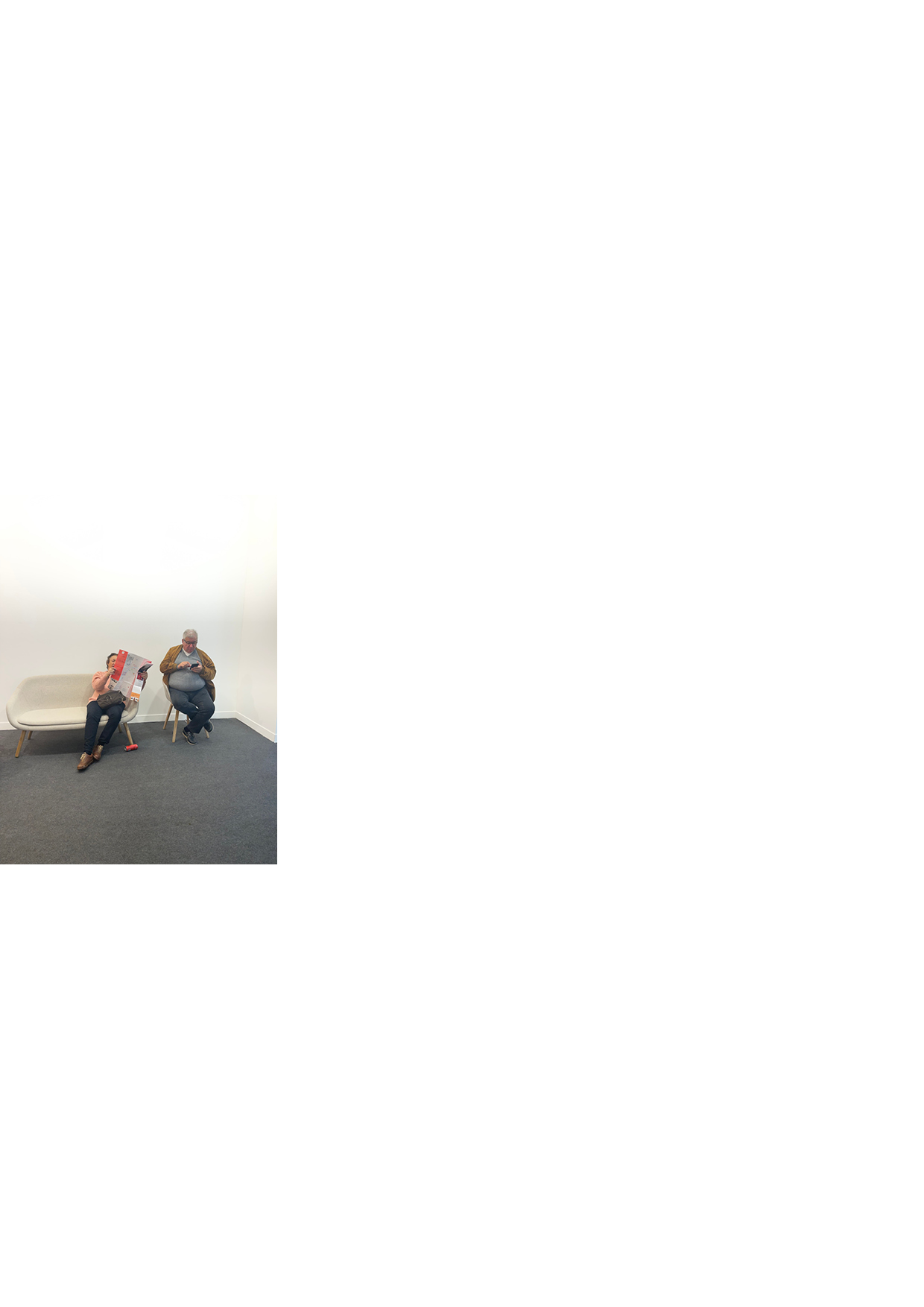



What kind of emptiness and boredom would it be
if the world lost all emptiness and boredom?
if the world lost all emptiness and boredom?
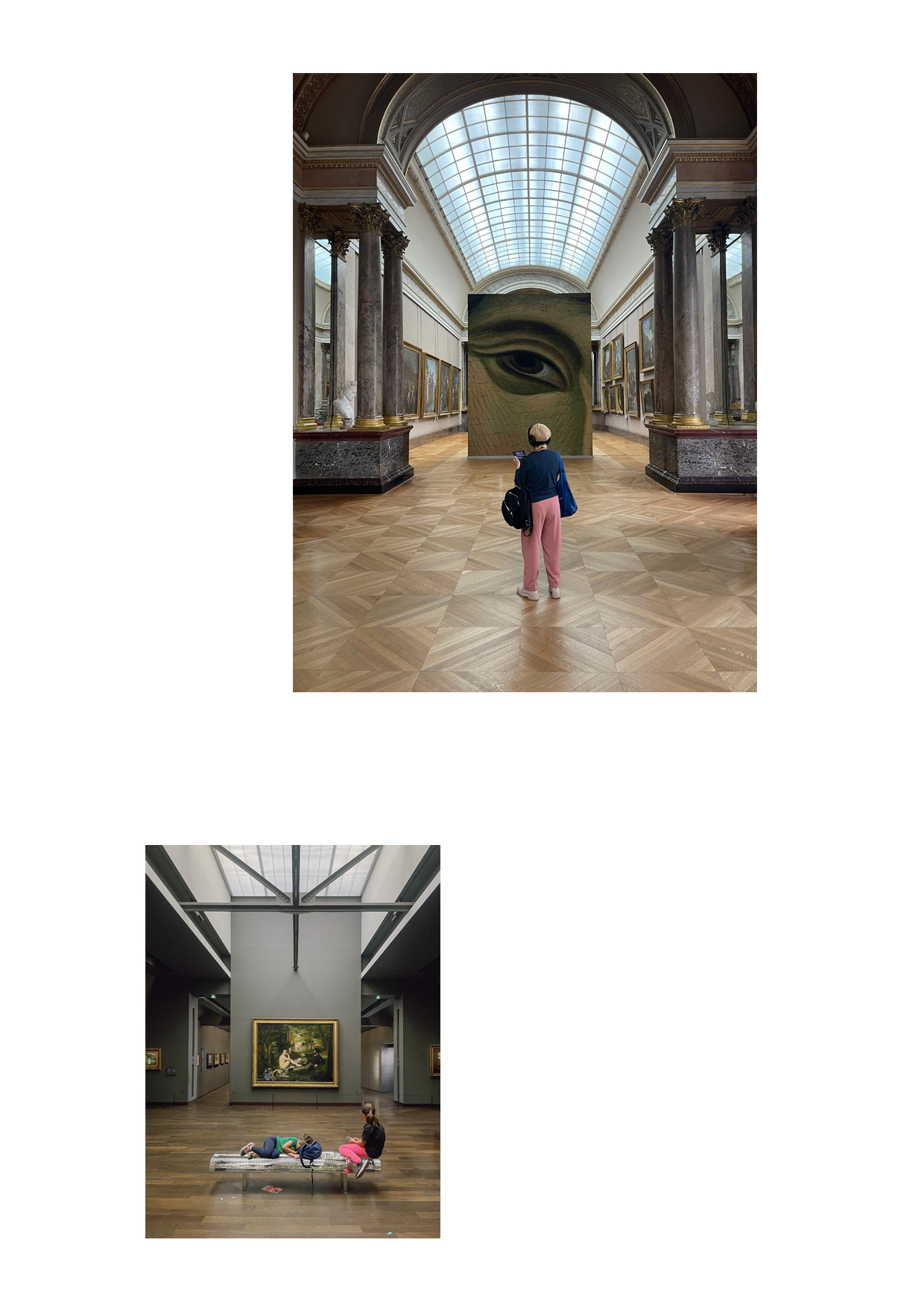
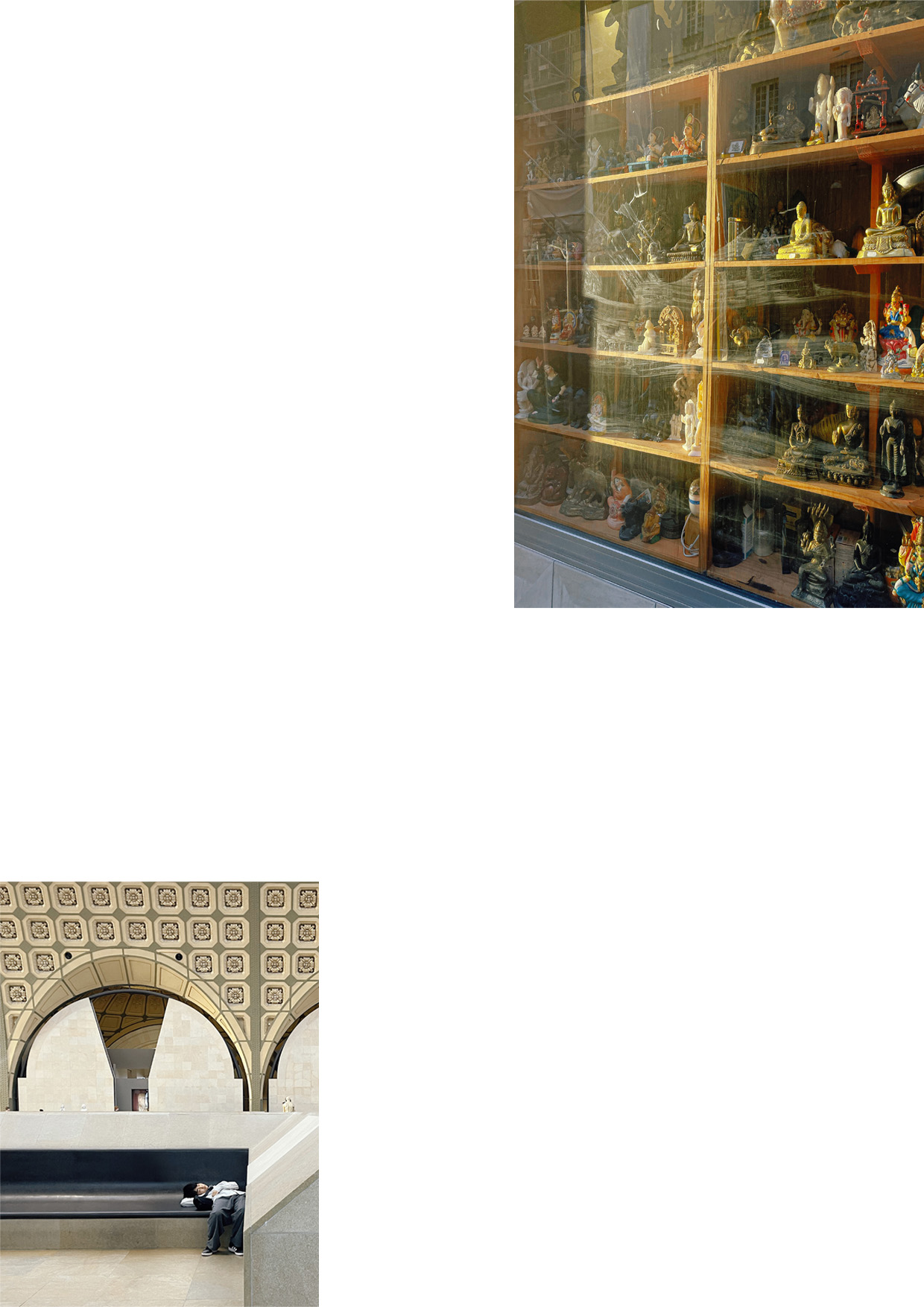
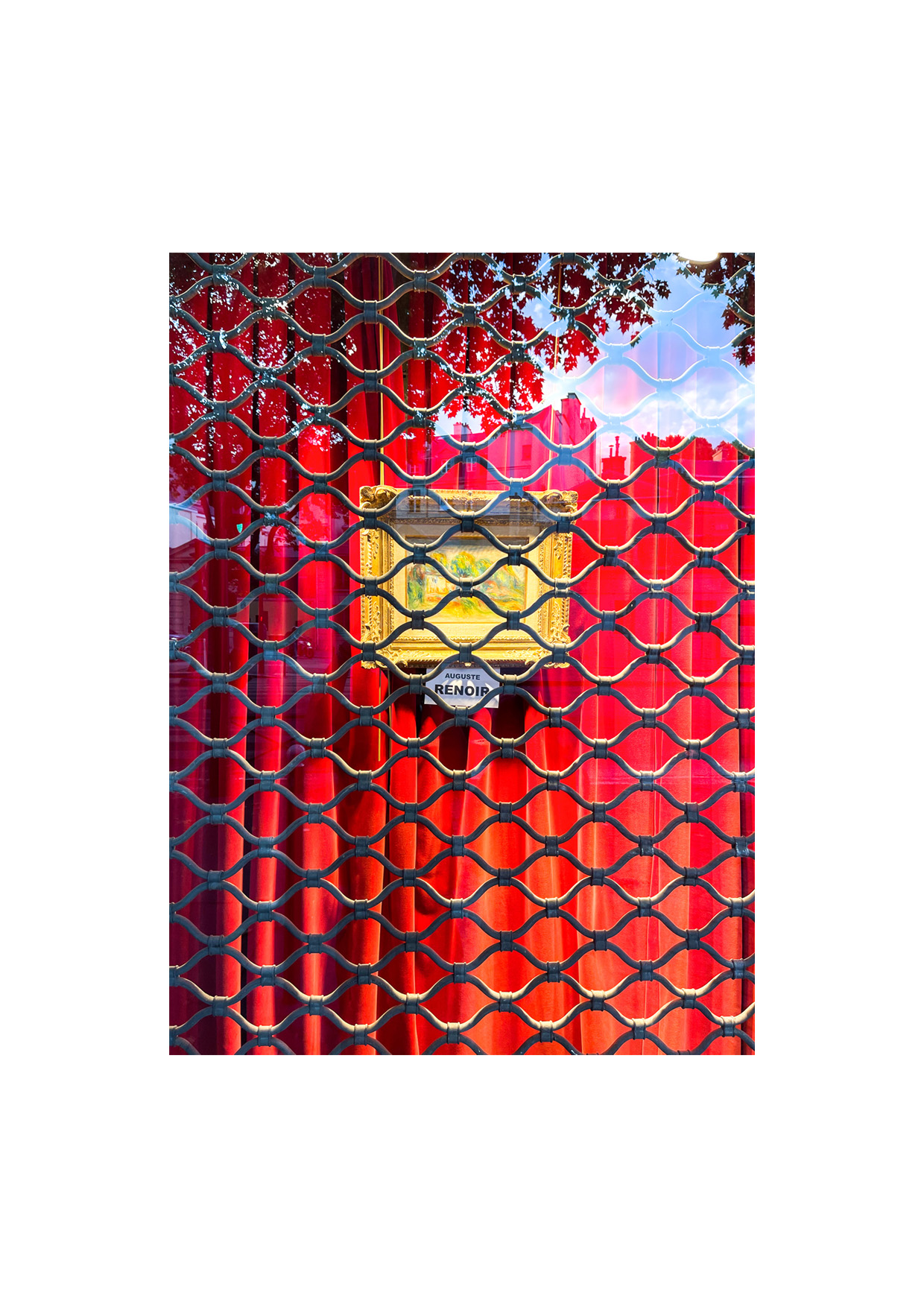
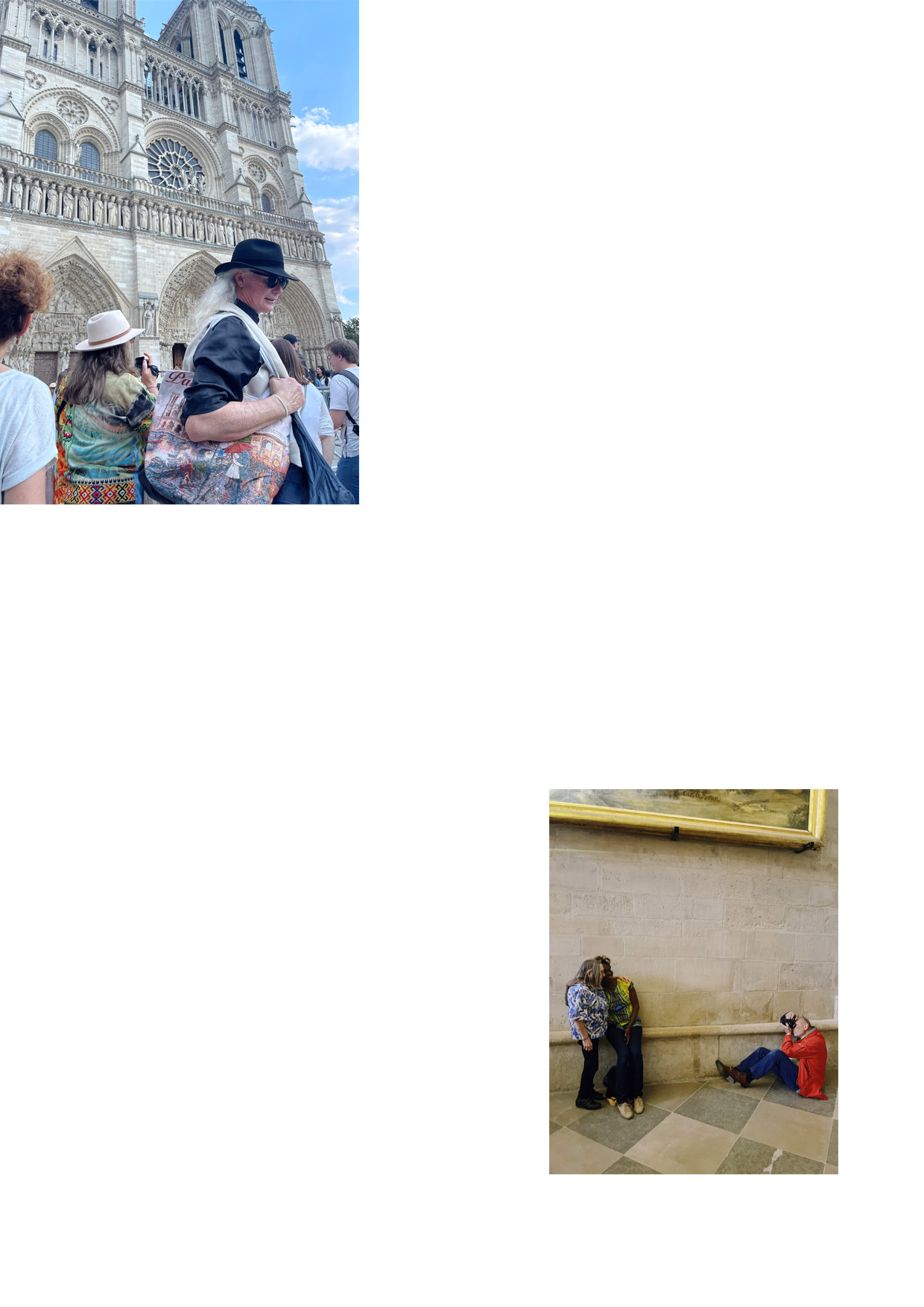
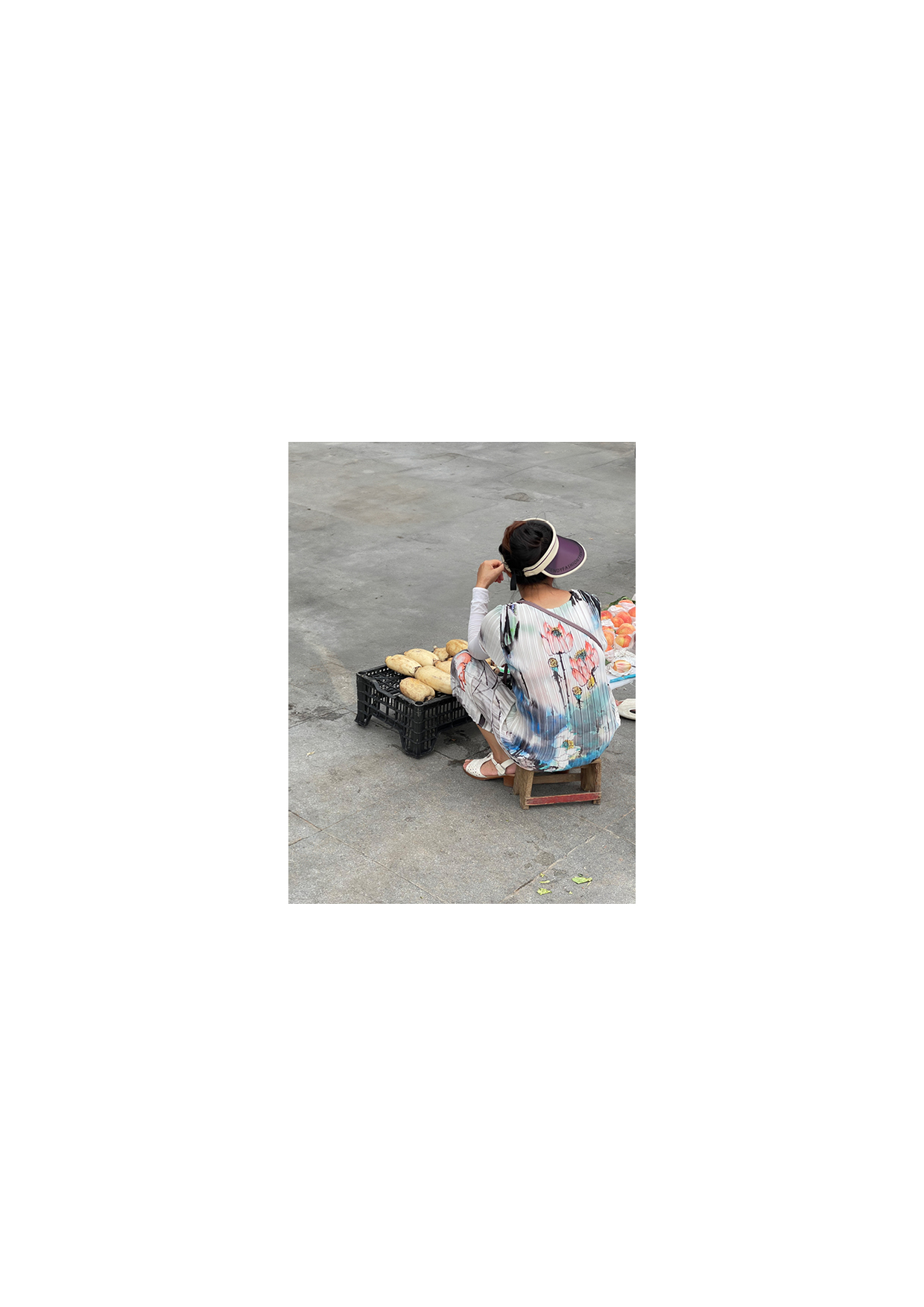

Is it that I move through time—
or is it time that moves through what I call myself?
or is it time that moves through what I call myself?




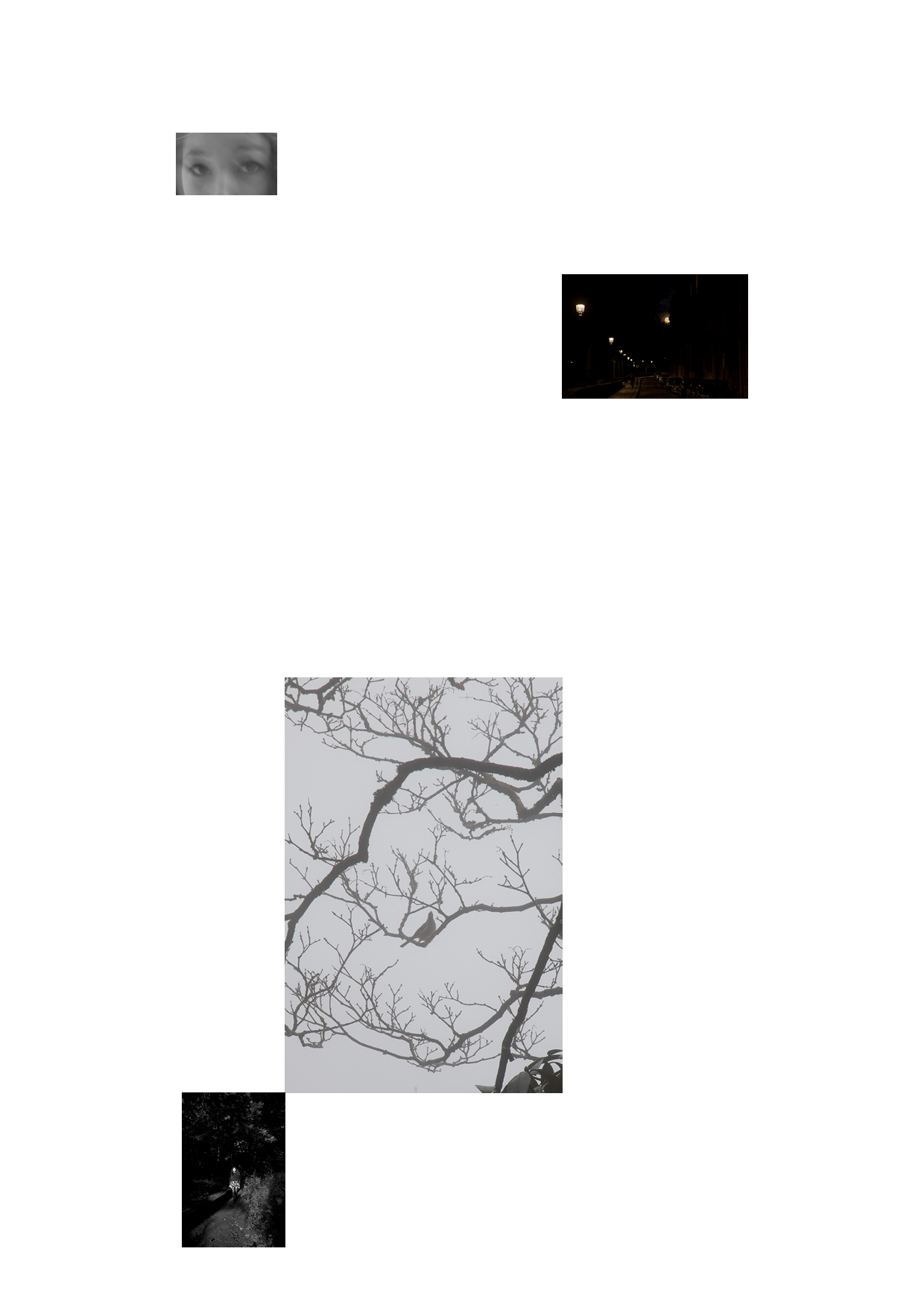
I’ve noticed that when the mind holds onto an image—of success, of failure, of someone’s face, of our own—it loses its natural energy. It becomes fixed, tense, concerned with comparison.
We cling to forms, and in doing so, we become them.
A form might be visible—a body, a label, a social role. Or it might be internal—a mood, a story, a memory. The mind mistakes these for reality, gives them weight, and suffers when they shift or disappear.
But forms shift because they are not fixed.
They are projections—like shadows cast on a wall.
We chase them, resist them, worship them, fear them.
And in all of this, we move further away from stillness.
The more we seek outside—approval, status, outcomes—the more the inner space dries up.
And when that space is dry, nothing can grow.
What is not seen is this:
Grasping at forms—what we call “attachment”—is not love. It is fear.
It is the fear that without this image, we are nothing.
But if one simply watches—without naming, without judging, without controlling—
there is a quiet shift.
Energy begins to move again.
The mind becomes less reactive.
Desire fades.
And clarity… simply arrives.
Not as an achievement.
But as what was already there
when the noise stopped.
We cling to forms, and in doing so, we become them.
A form might be visible—a body, a label, a social role. Or it might be internal—a mood, a story, a memory. The mind mistakes these for reality, gives them weight, and suffers when they shift or disappear.
But forms shift because they are not fixed.
They are projections—like shadows cast on a wall.
We chase them, resist them, worship them, fear them.
And in all of this, we move further away from stillness.
The more we seek outside—approval, status, outcomes—the more the inner space dries up.
And when that space is dry, nothing can grow.
What is not seen is this:
Grasping at forms—what we call “attachment”—is not love. It is fear.
It is the fear that without this image, we are nothing.
But if one simply watches—without naming, without judging, without controlling—
there is a quiet shift.
Energy begins to move again.
The mind becomes less reactive.
Desire fades.
And clarity… simply arrives.
Not as an achievement.
But as what was already there
when the noise stopped.
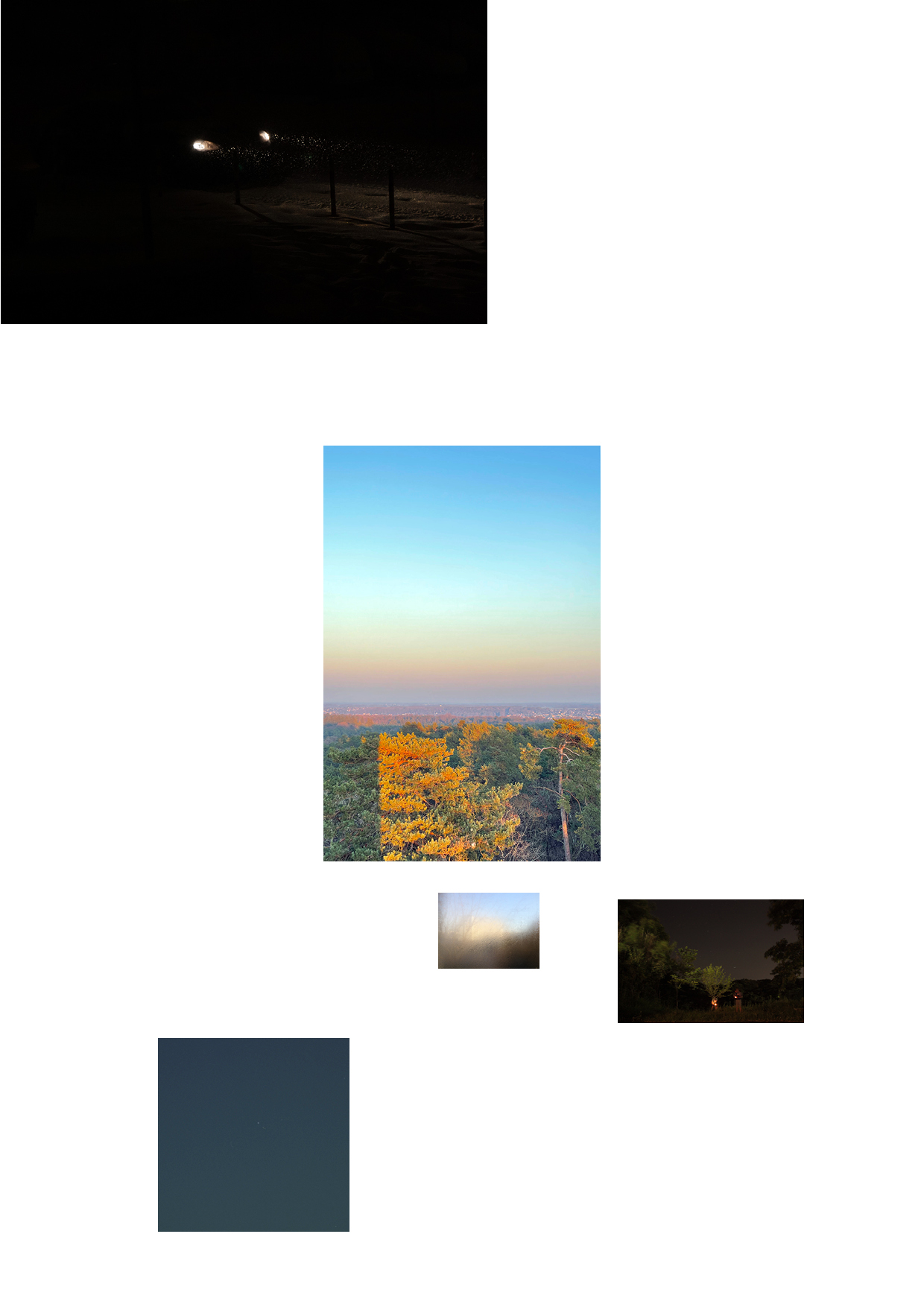
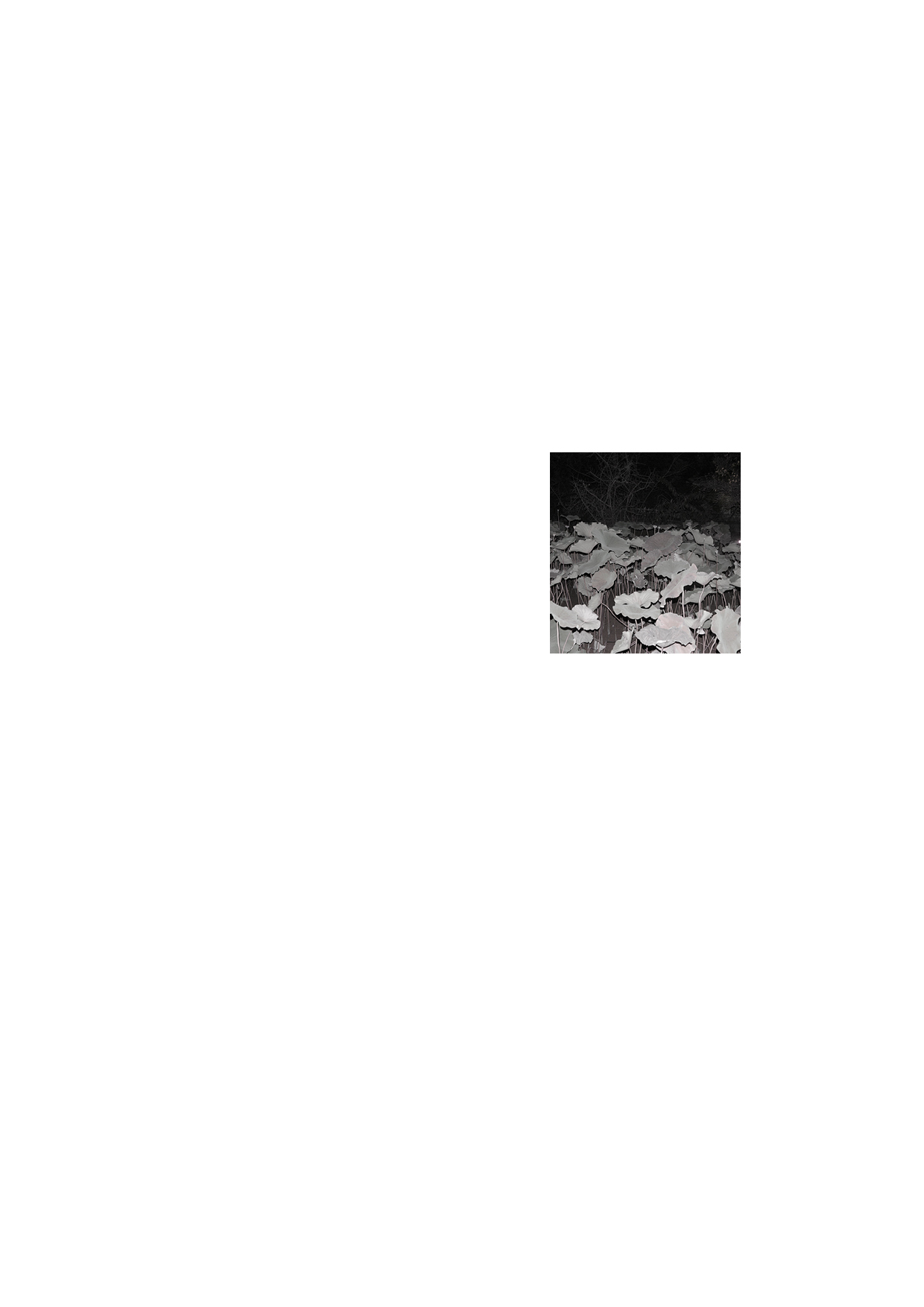
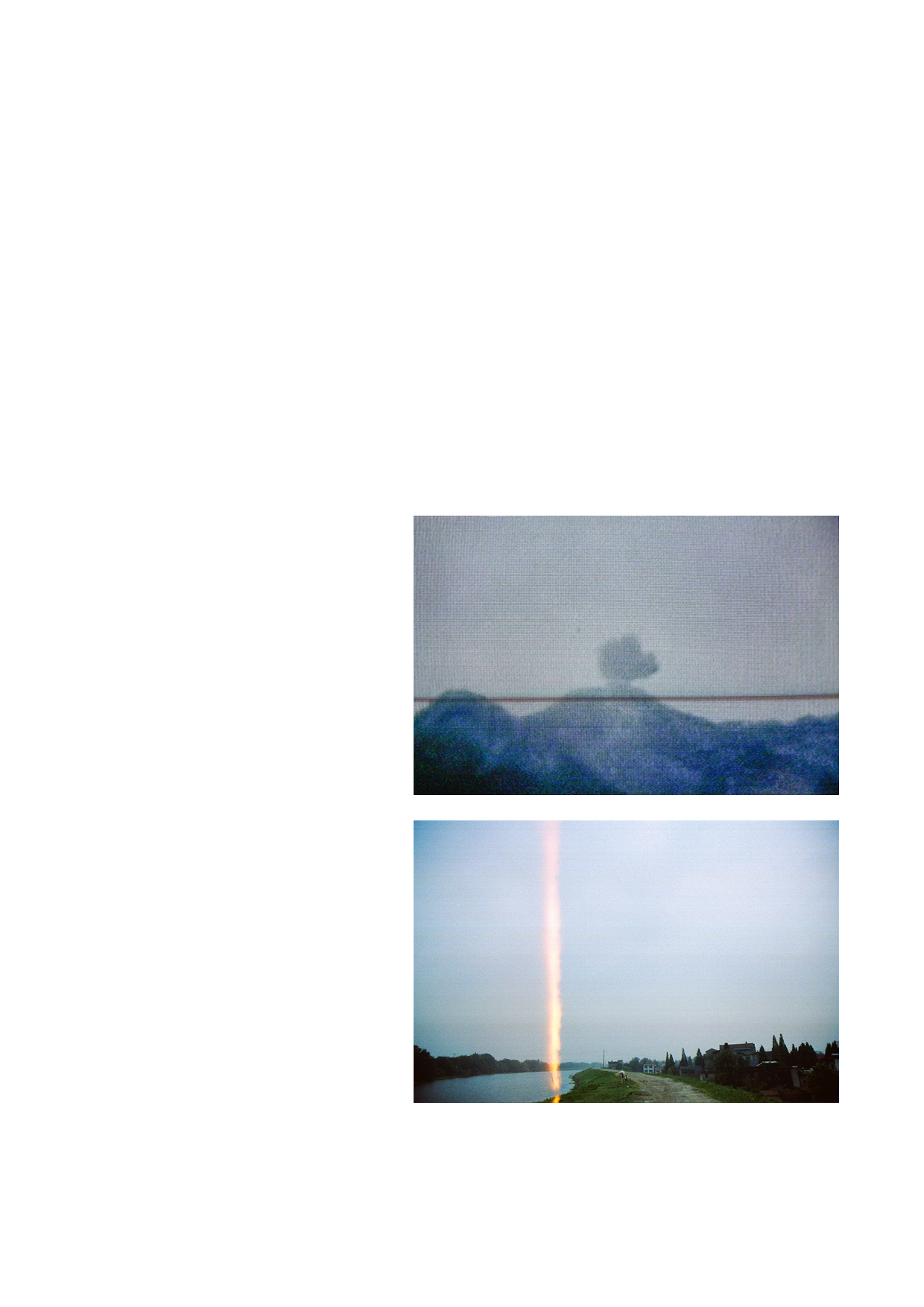

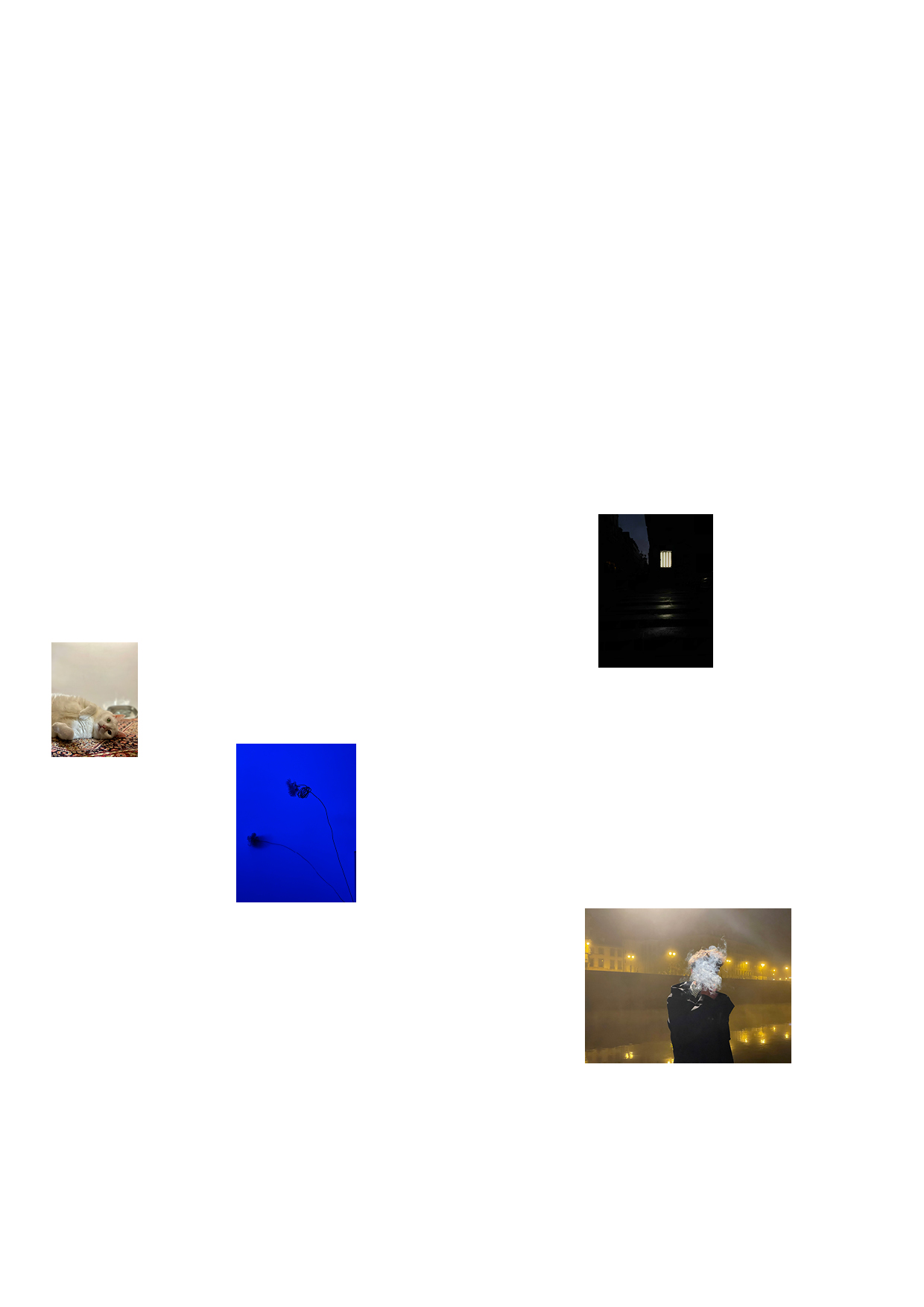



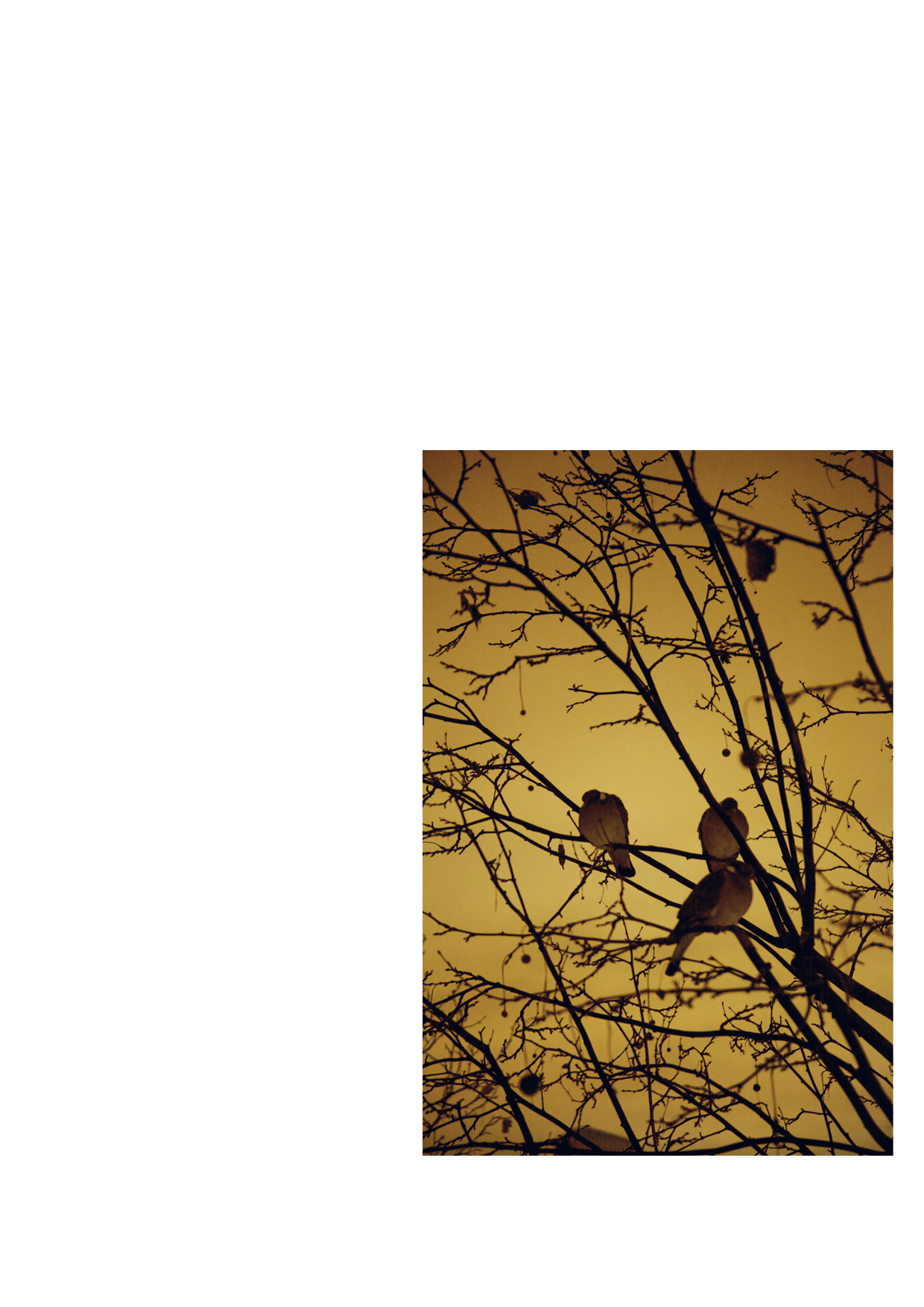



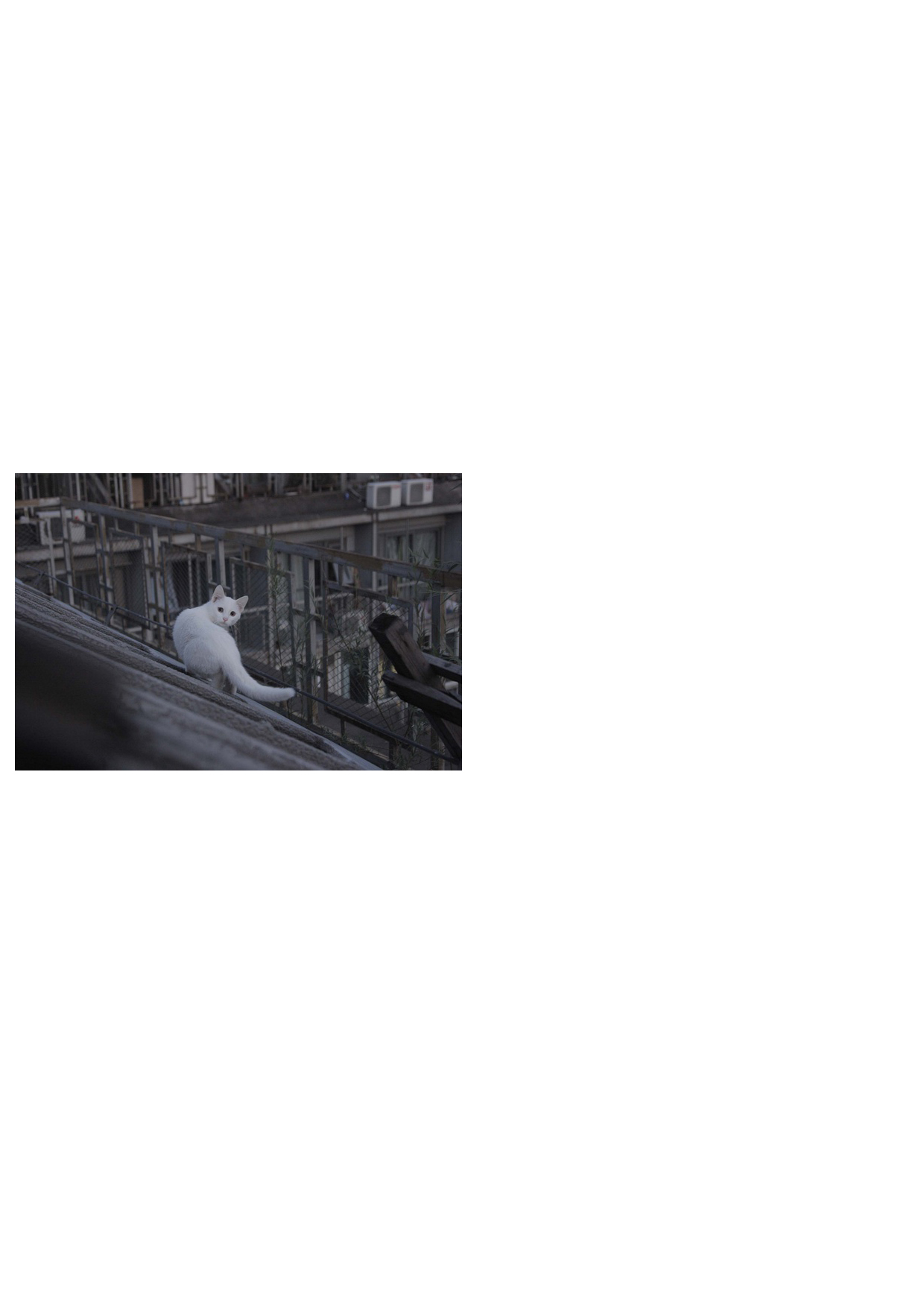

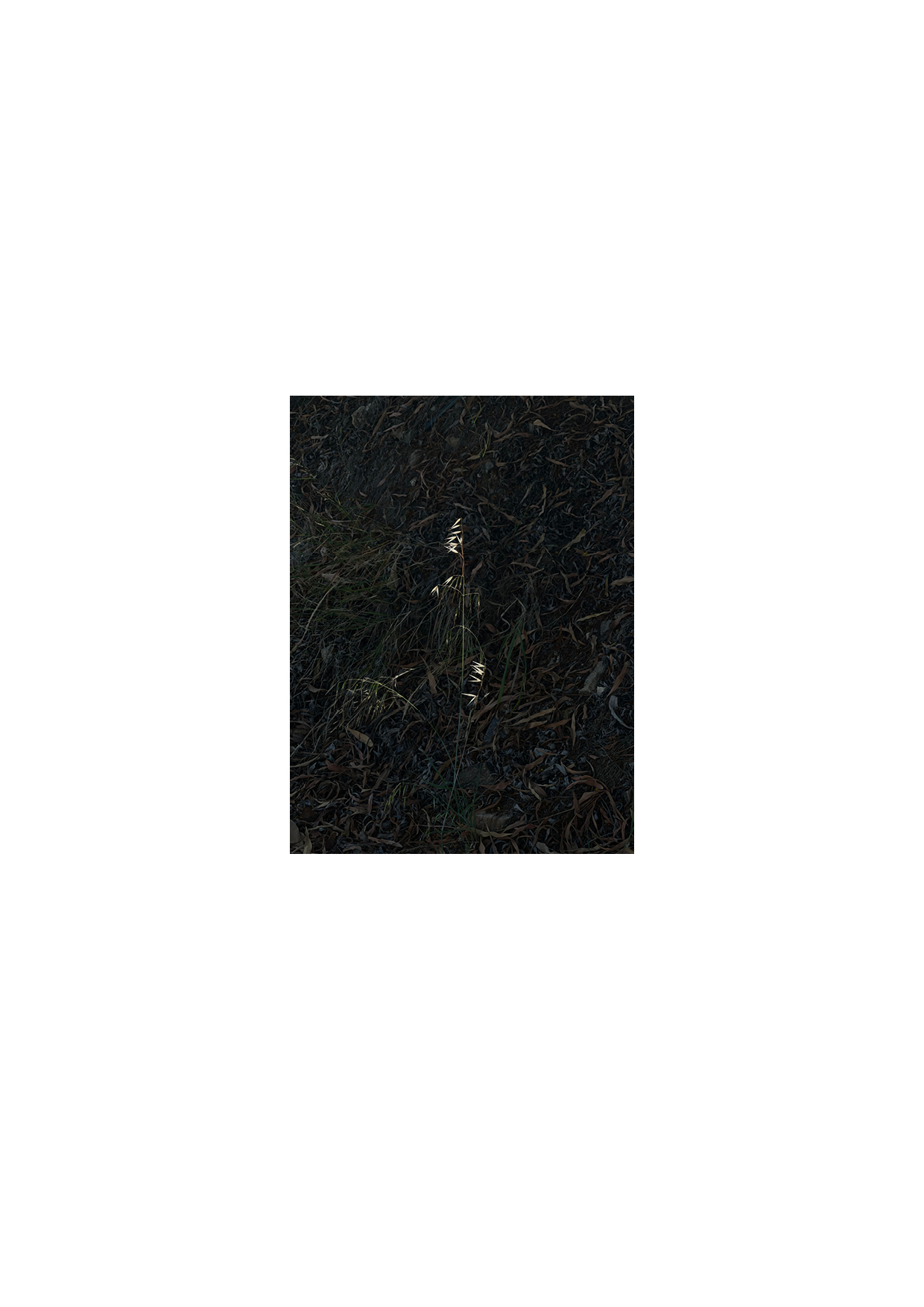

*